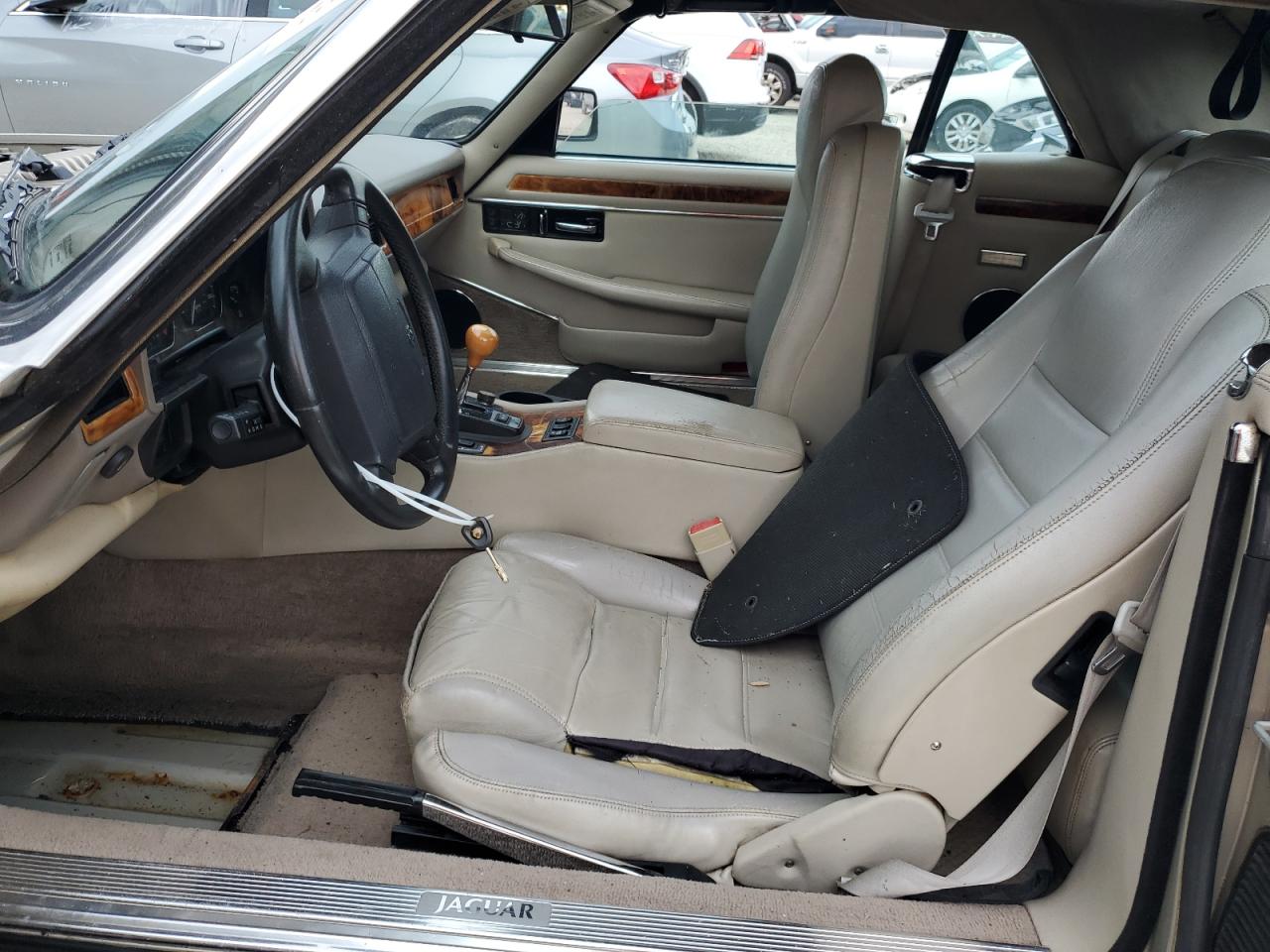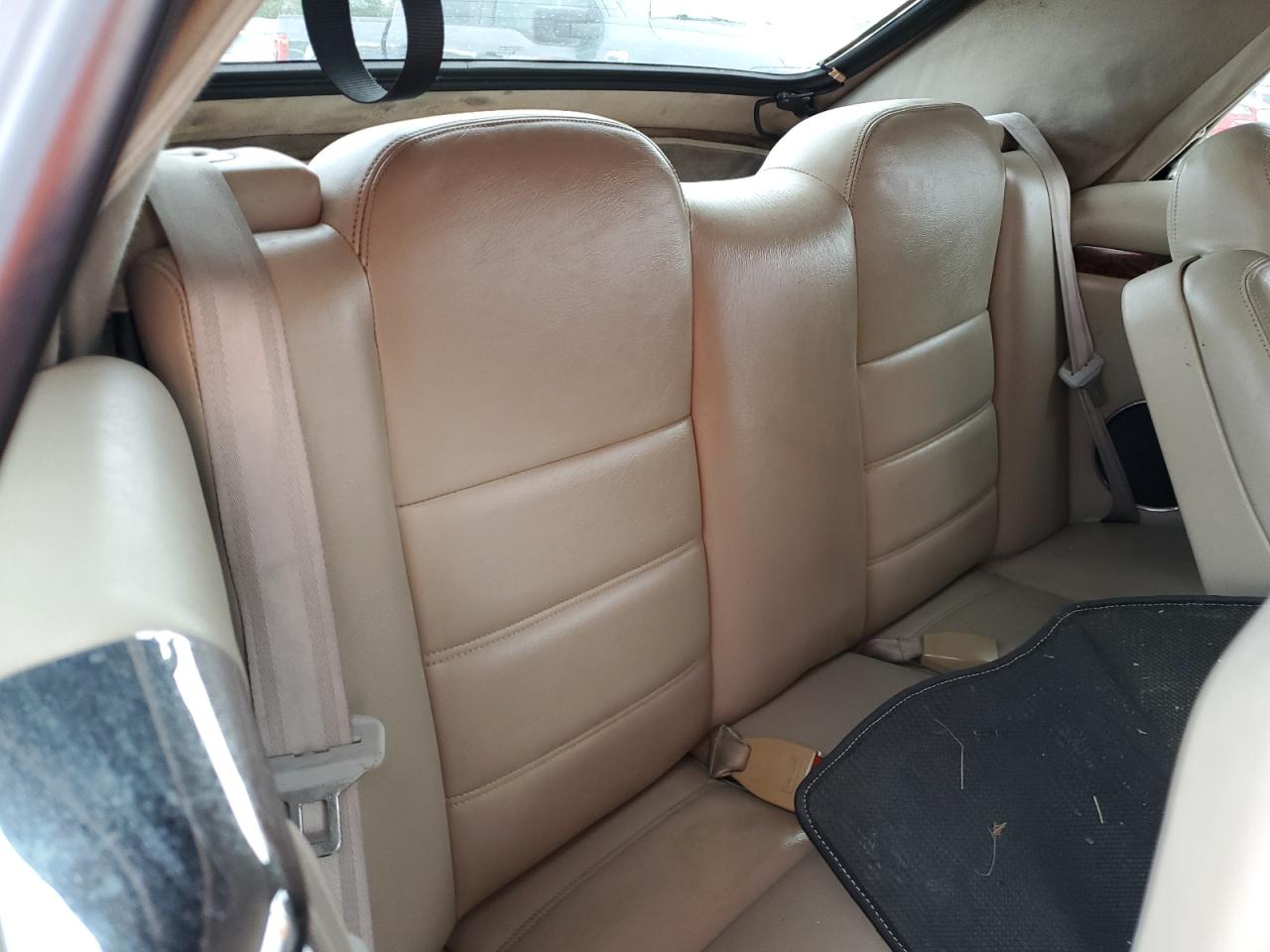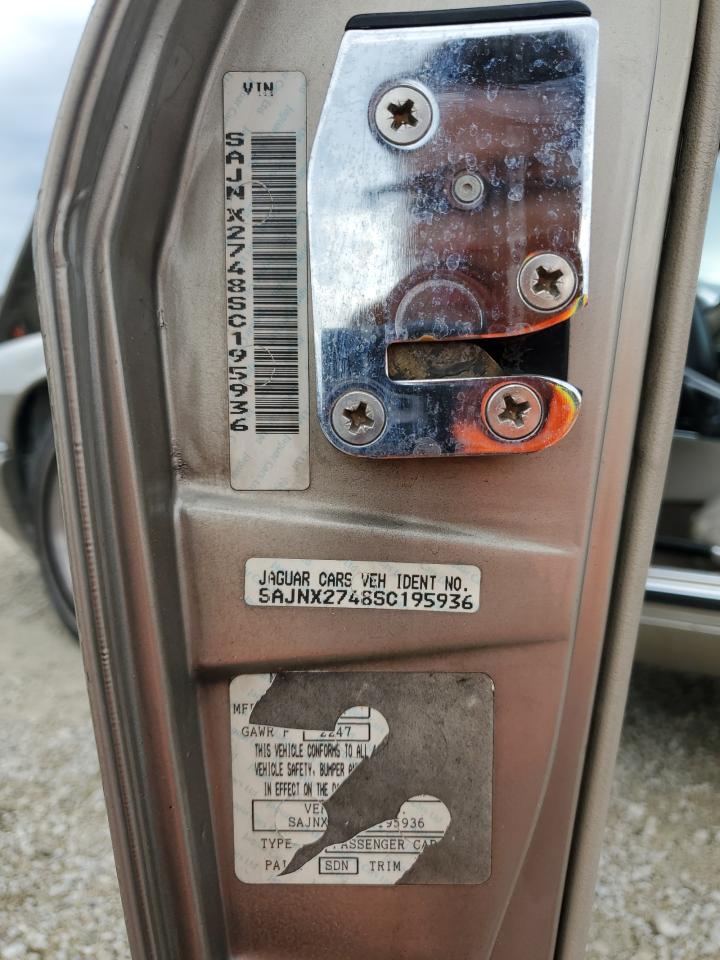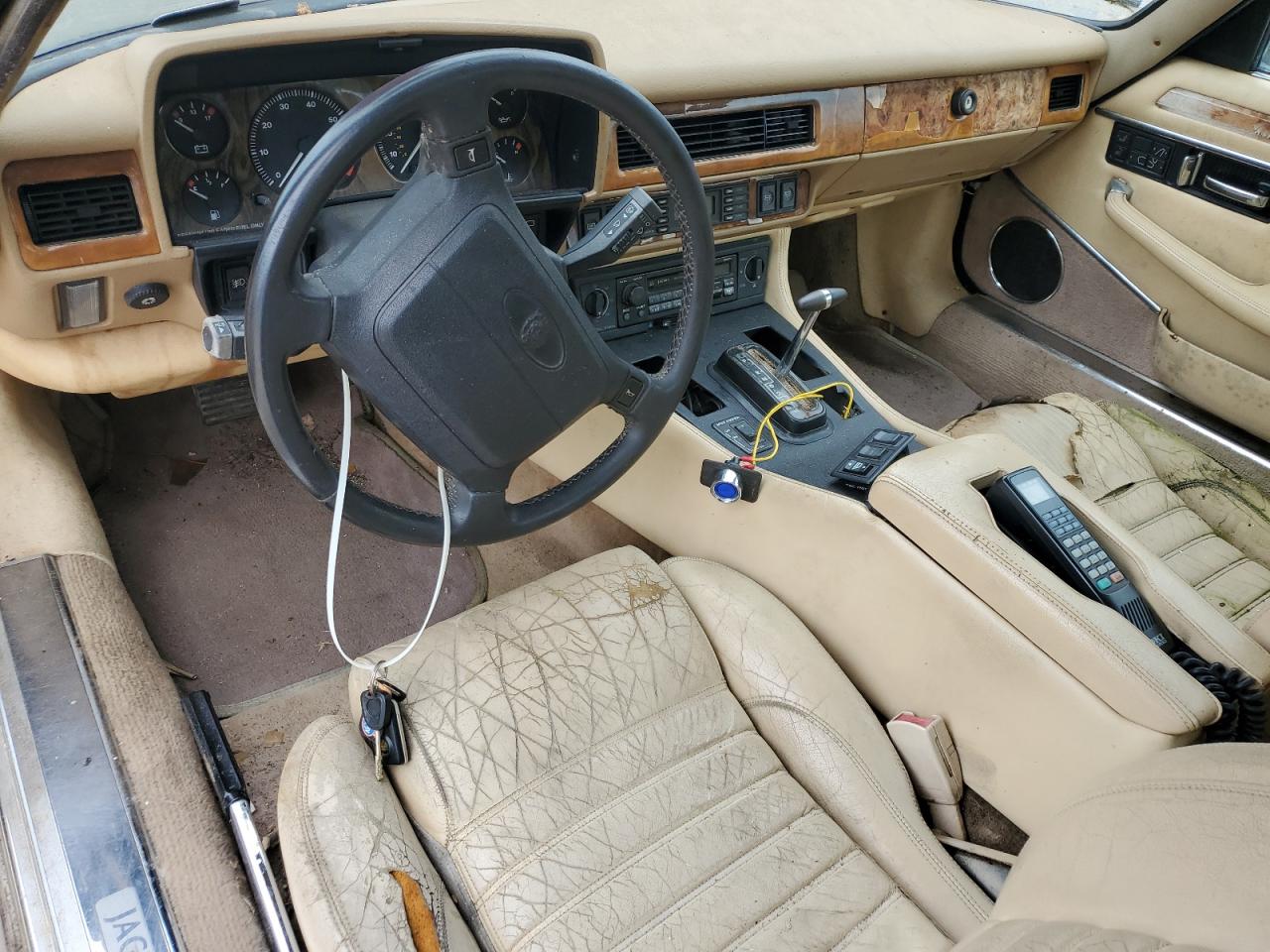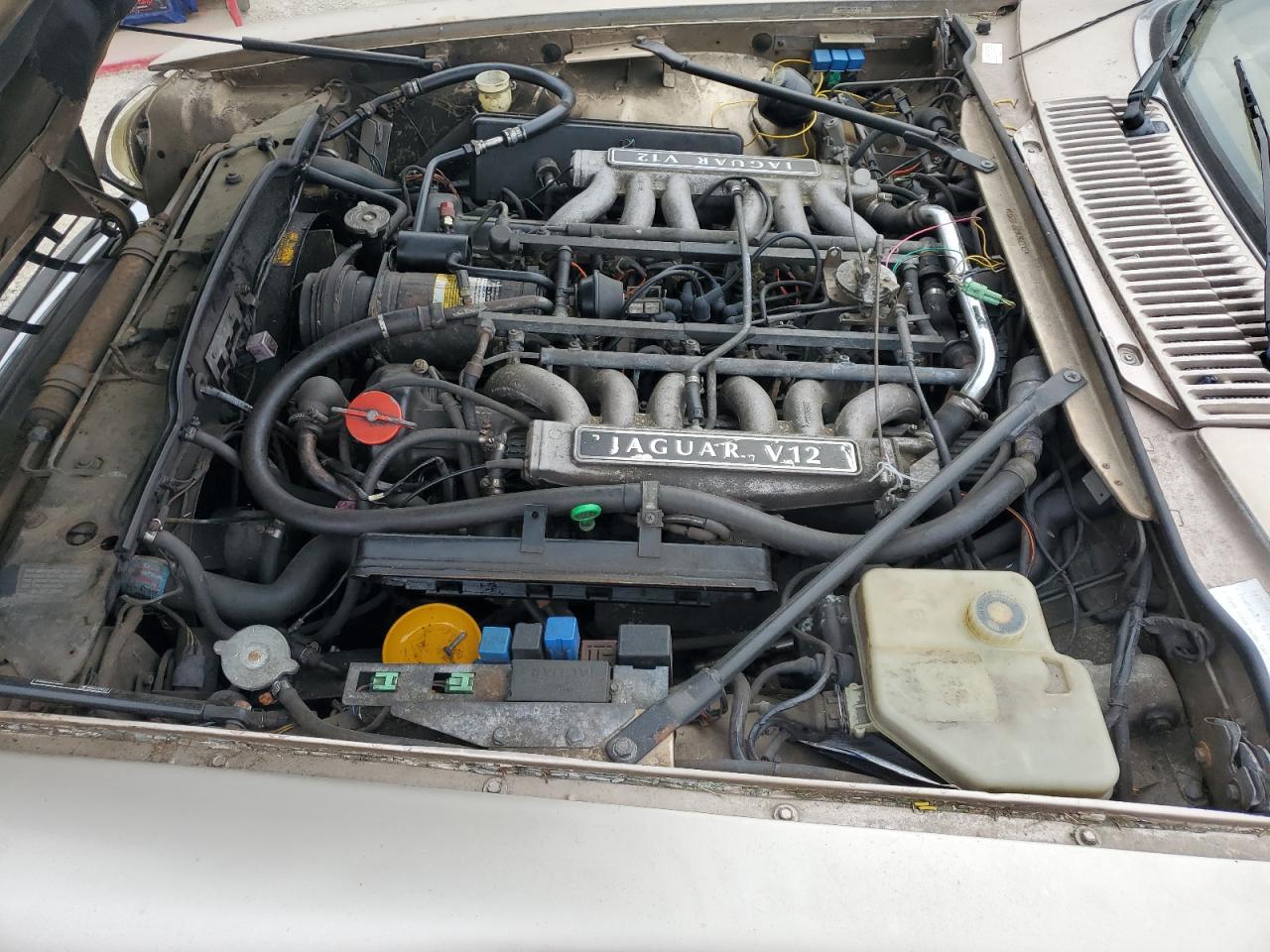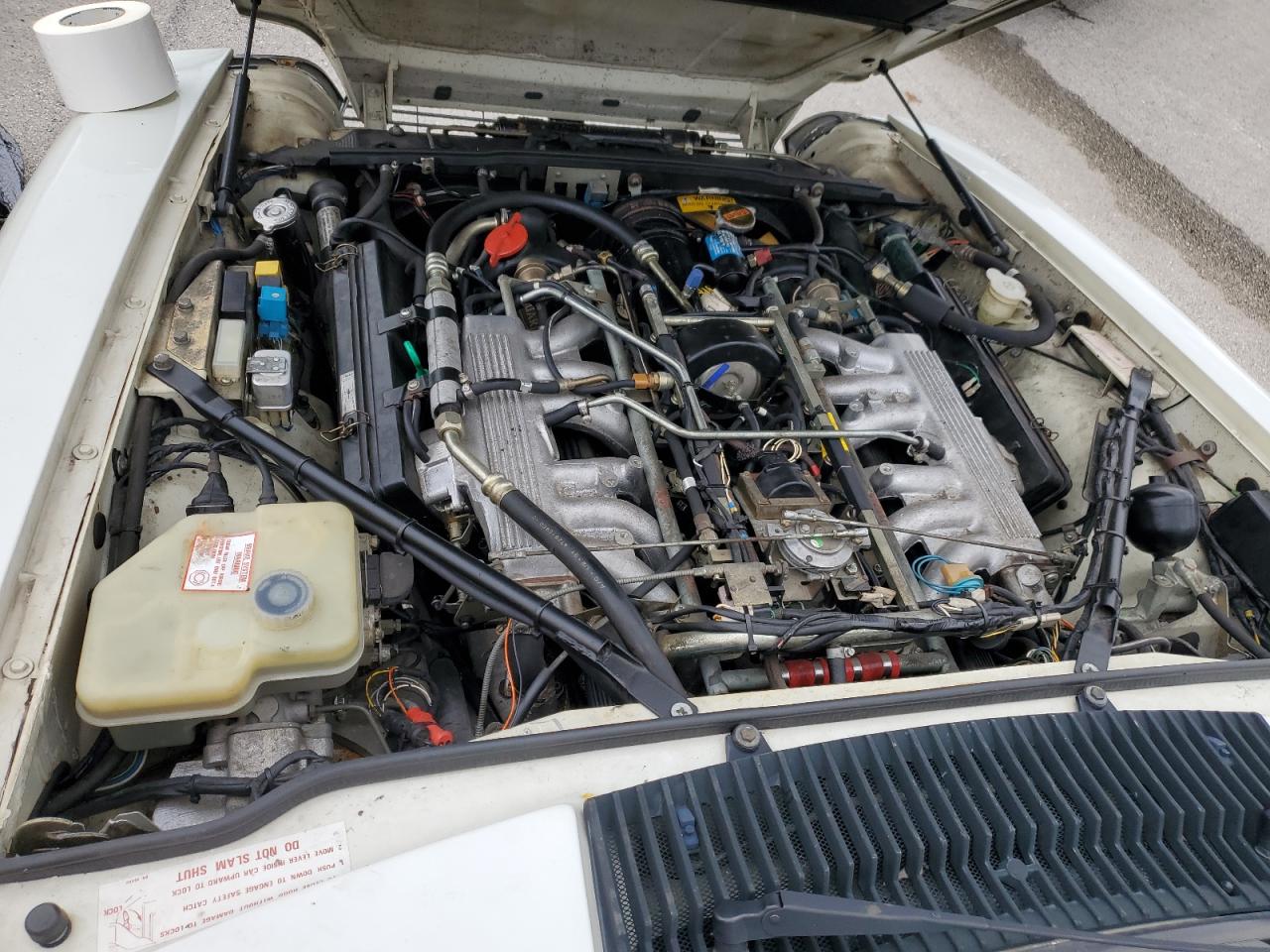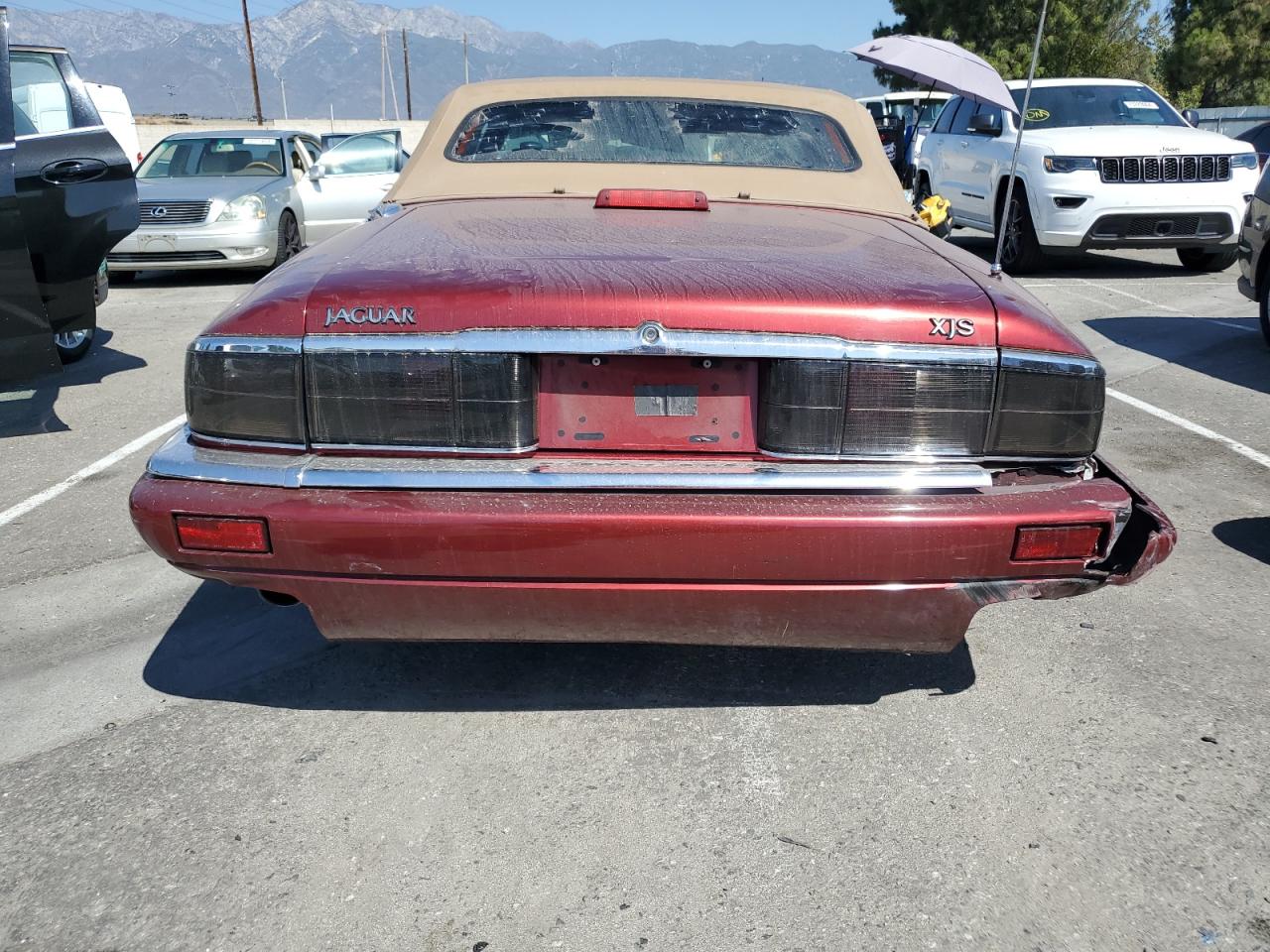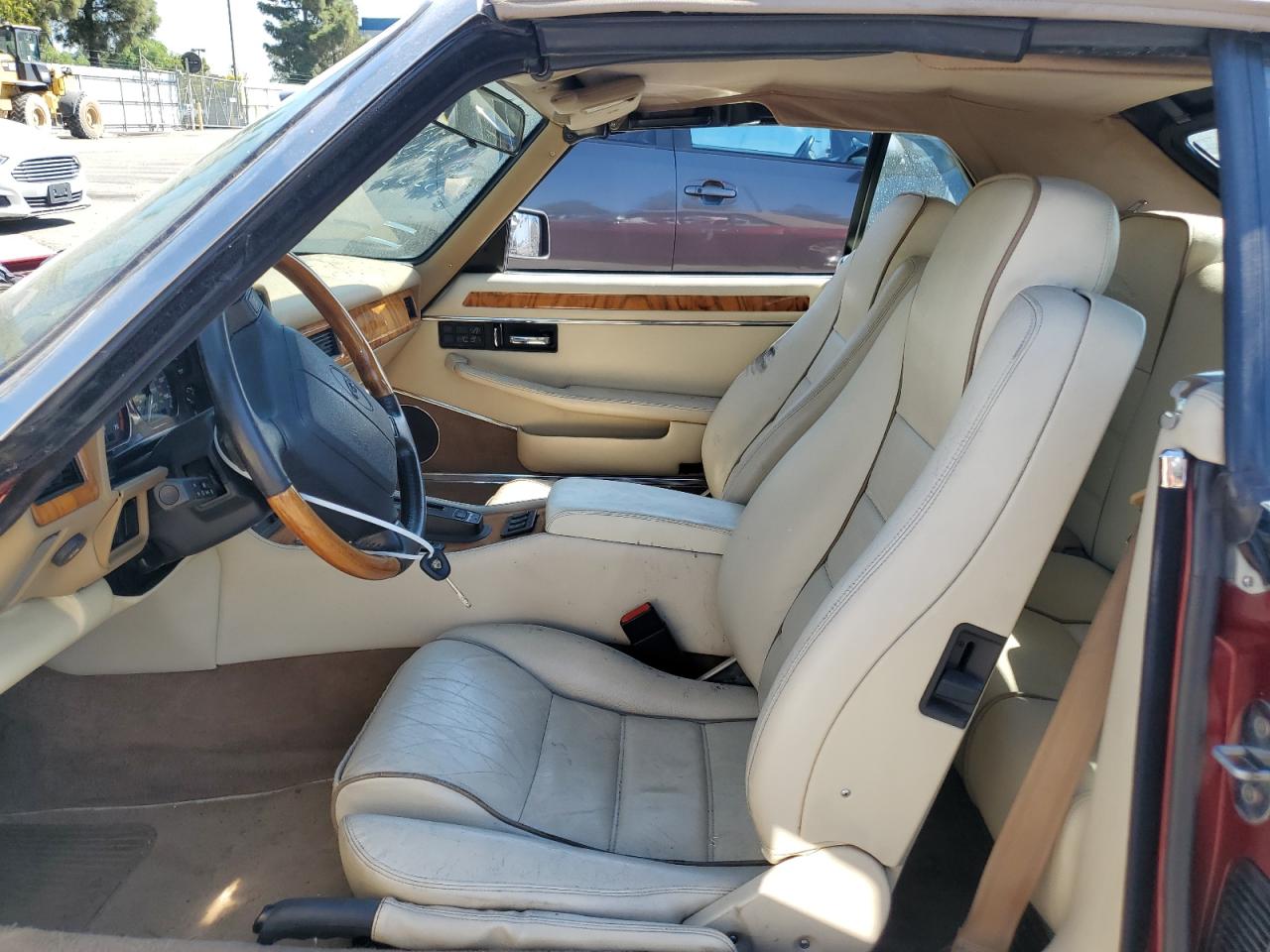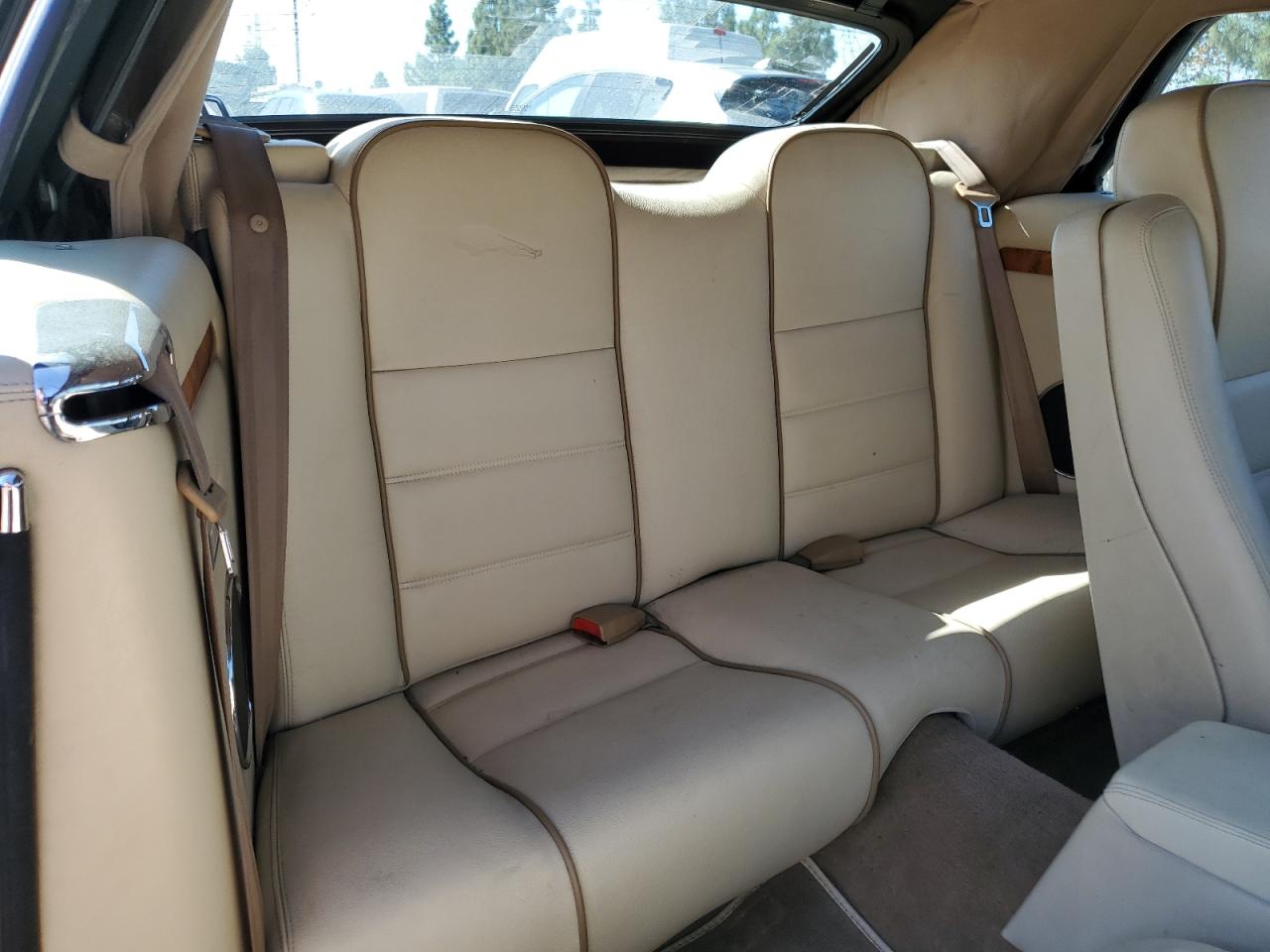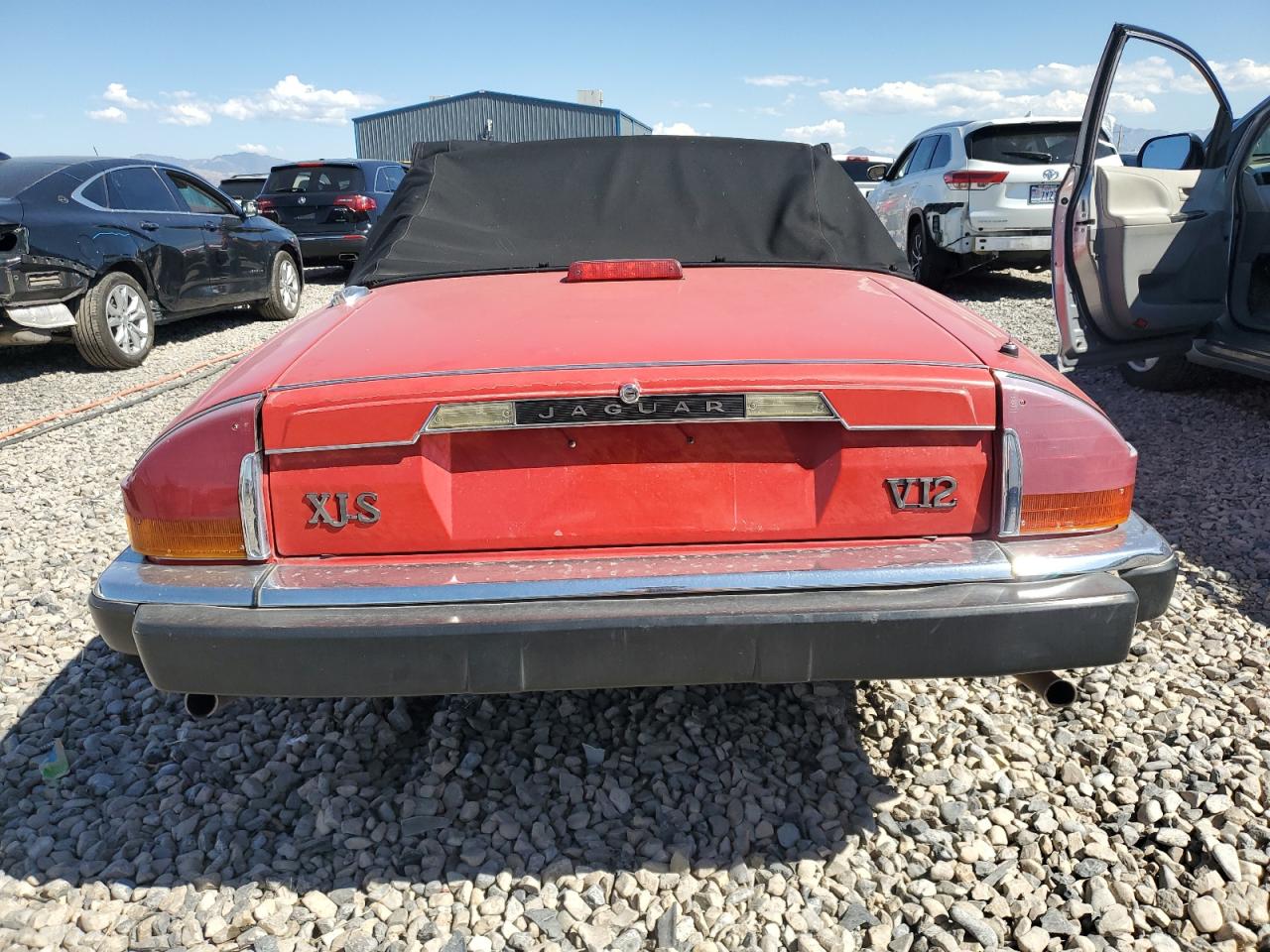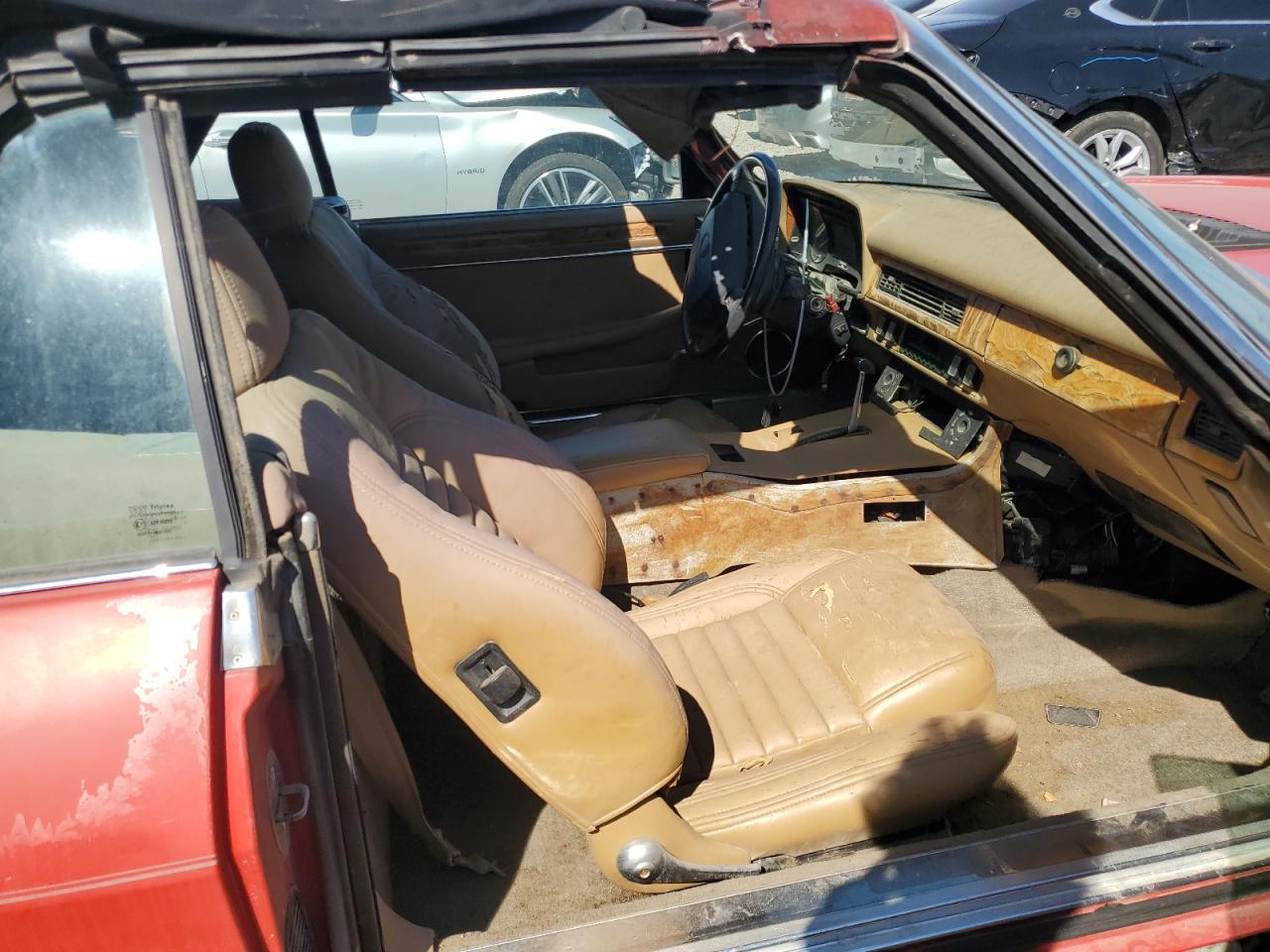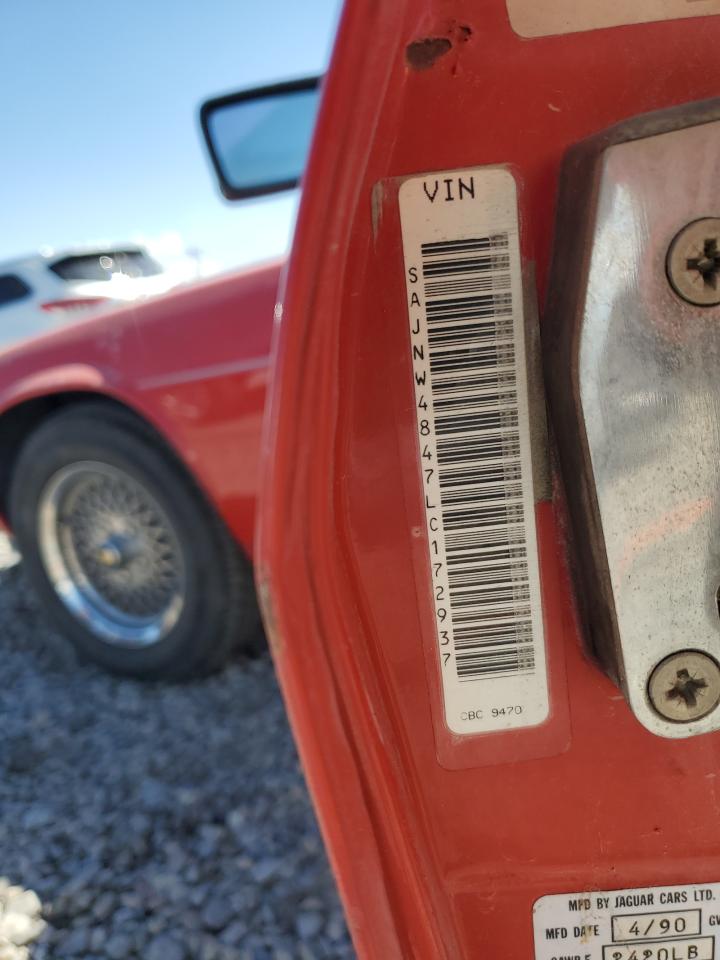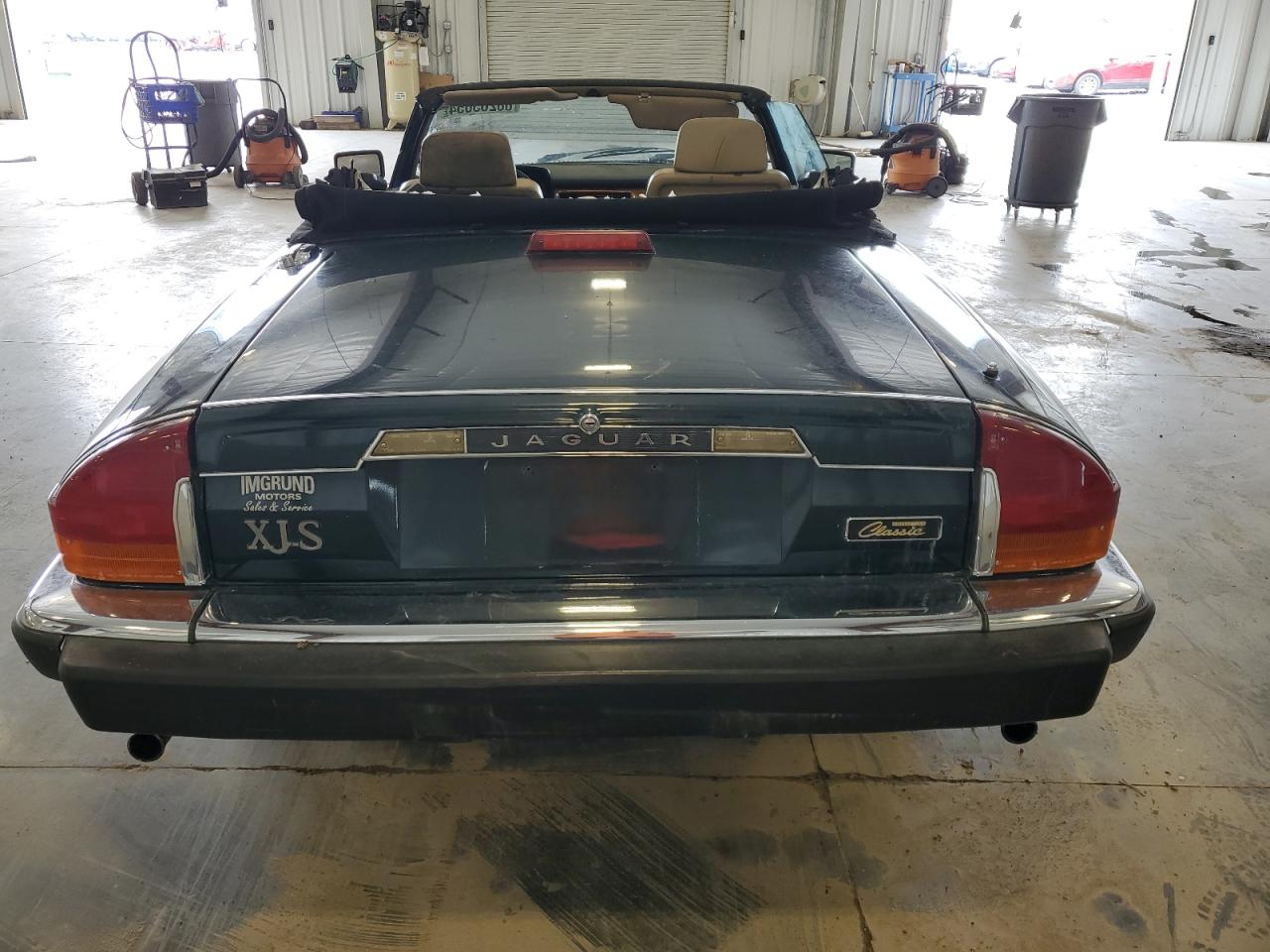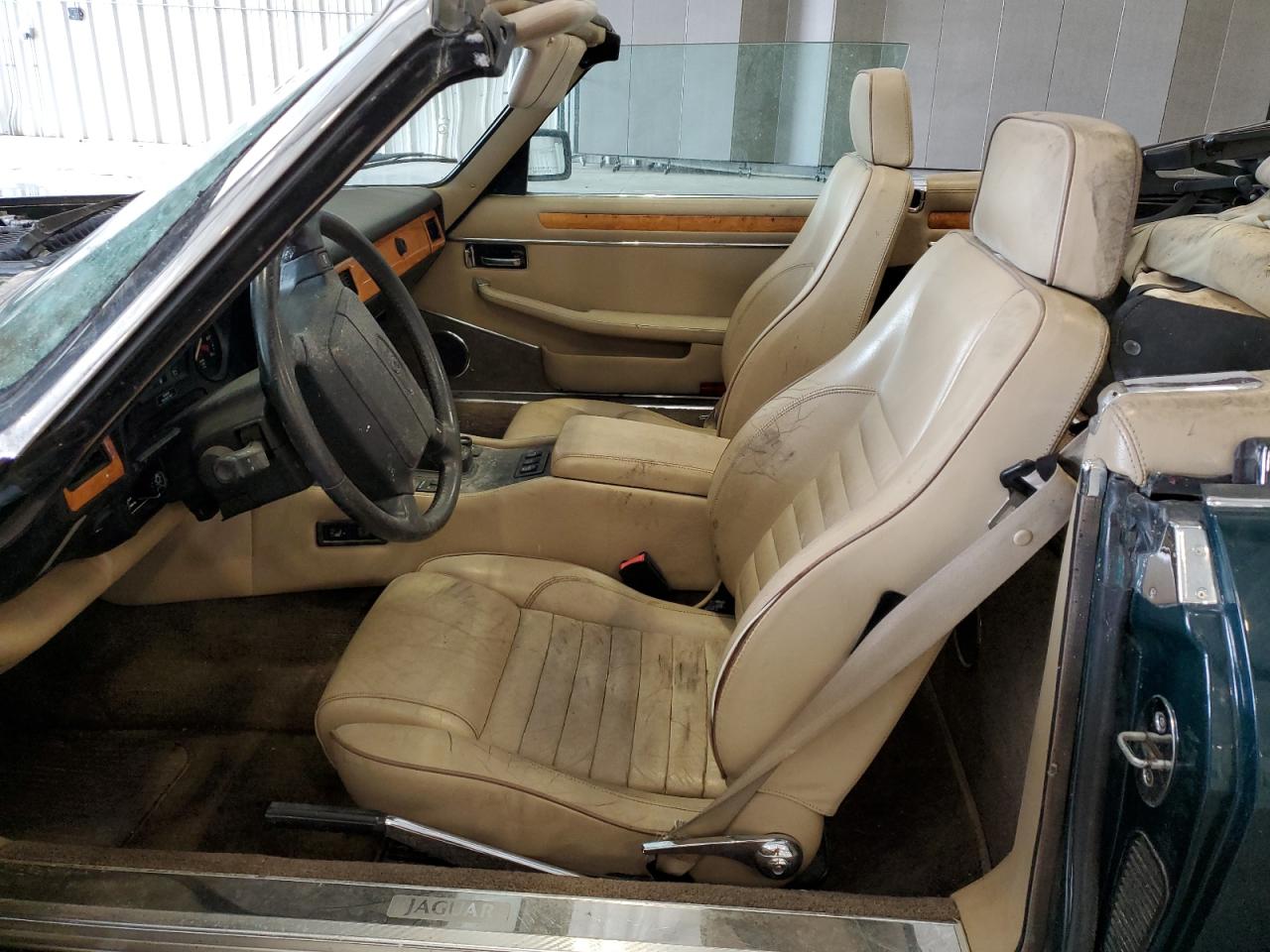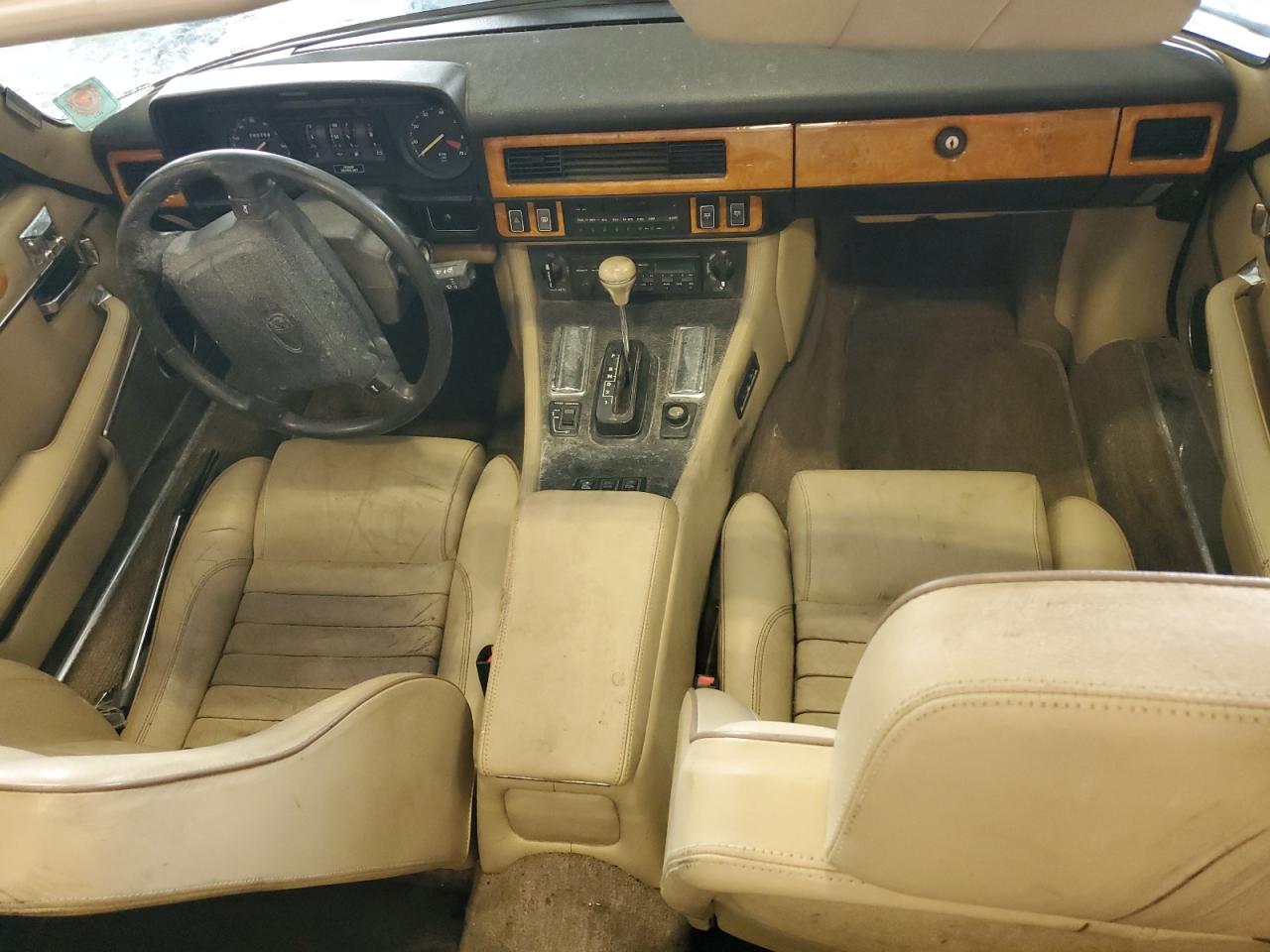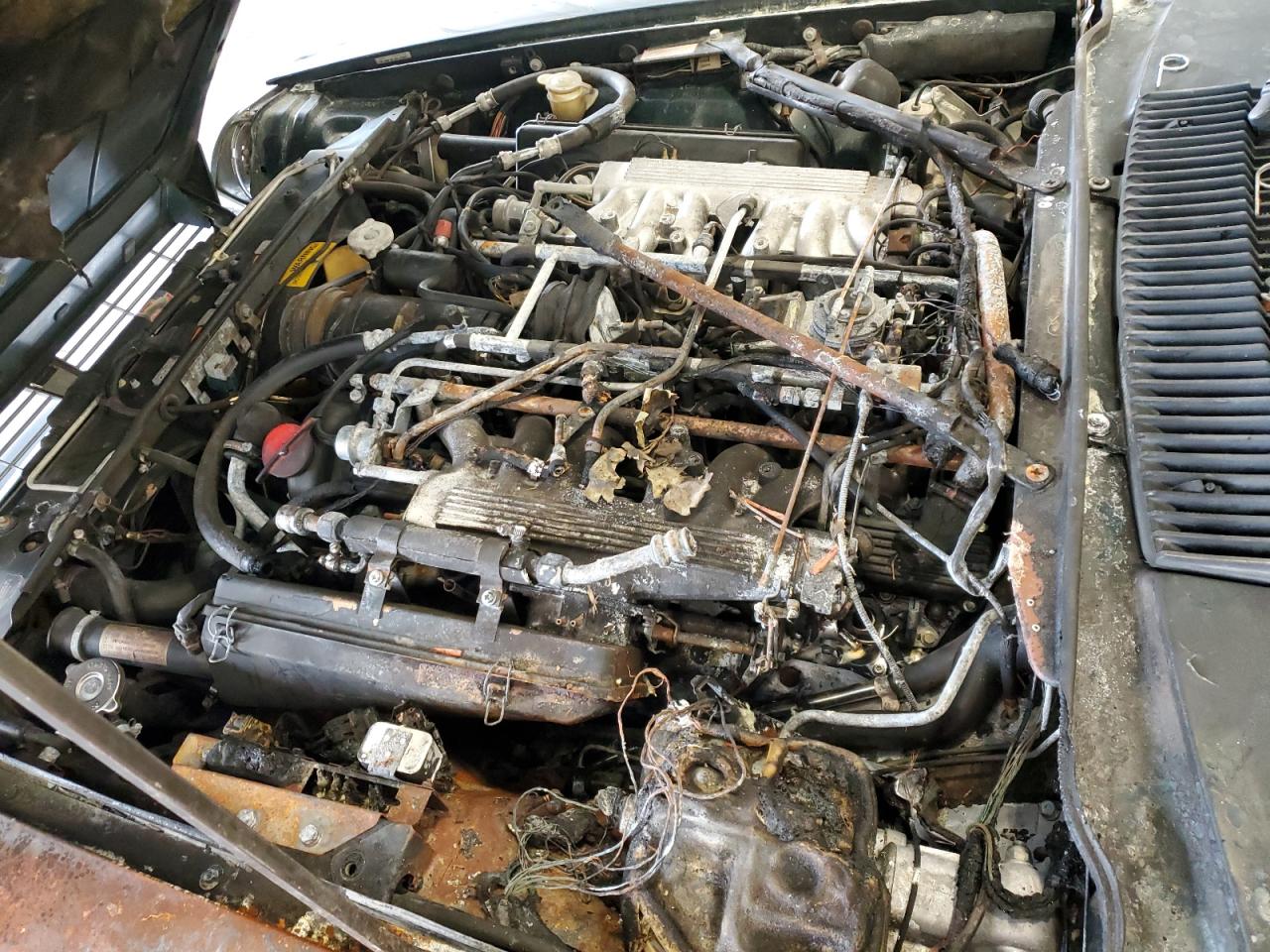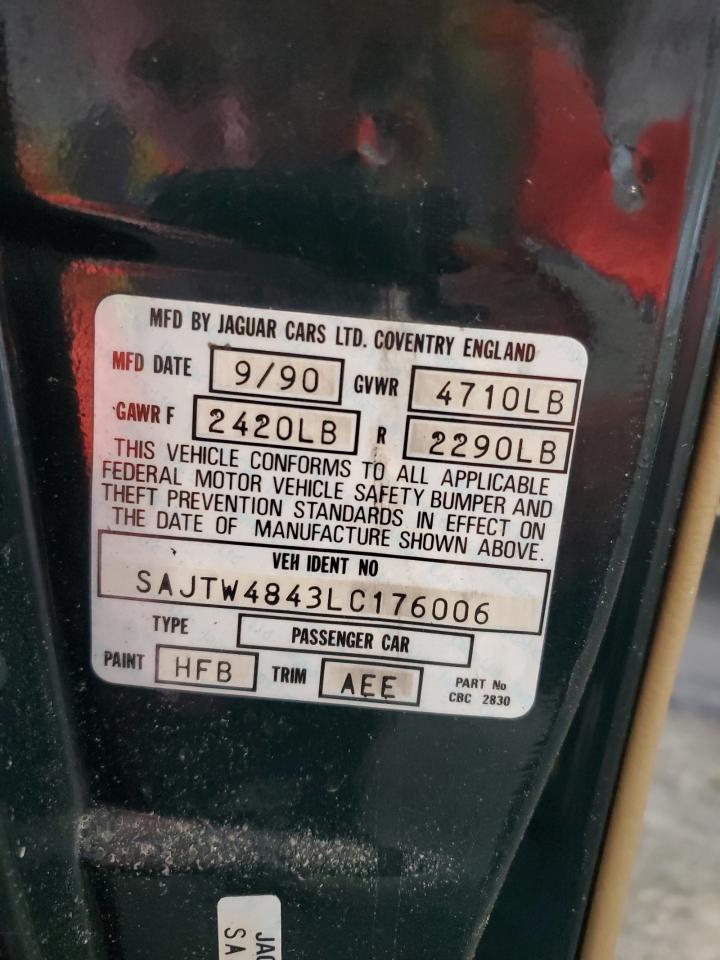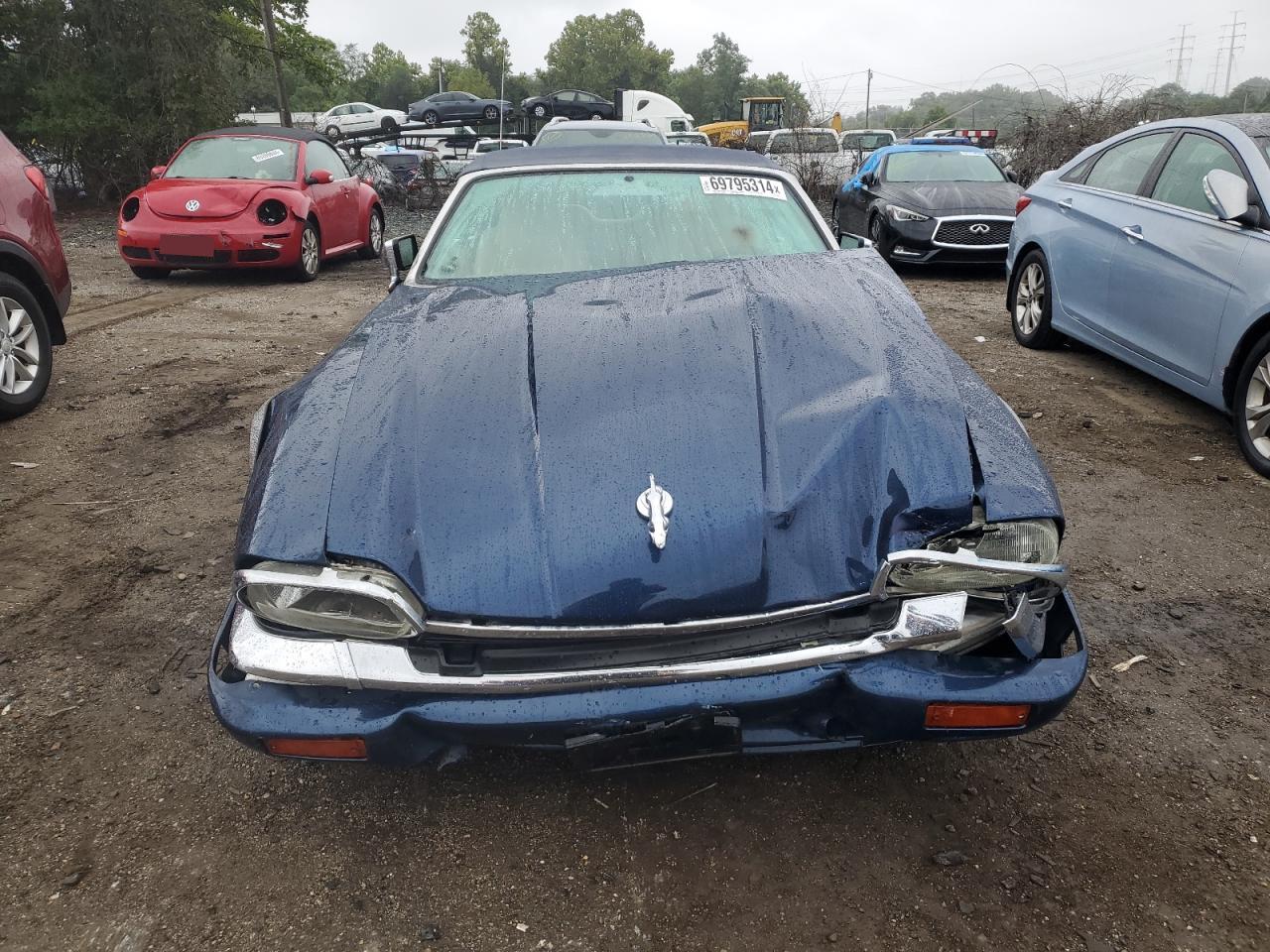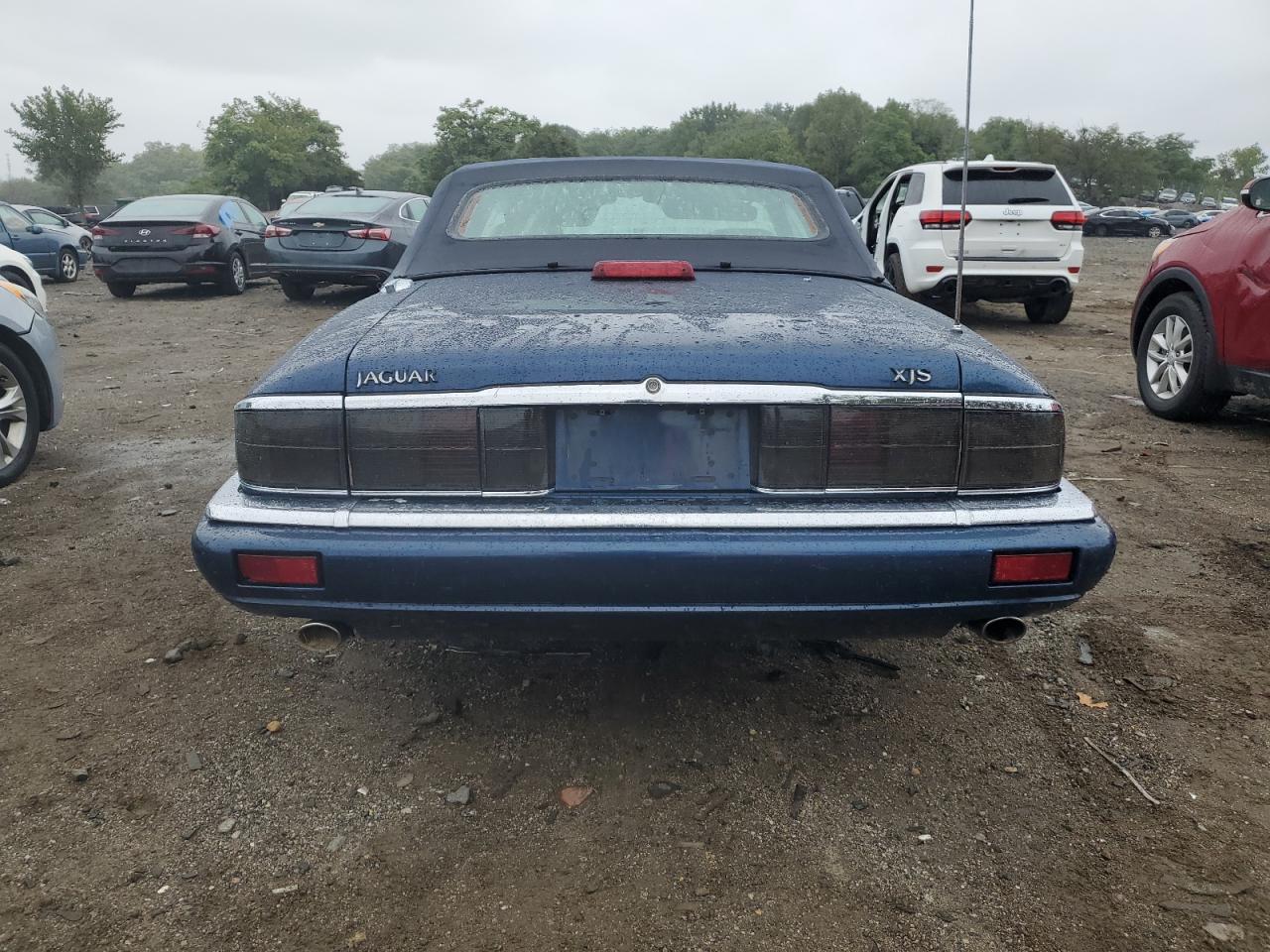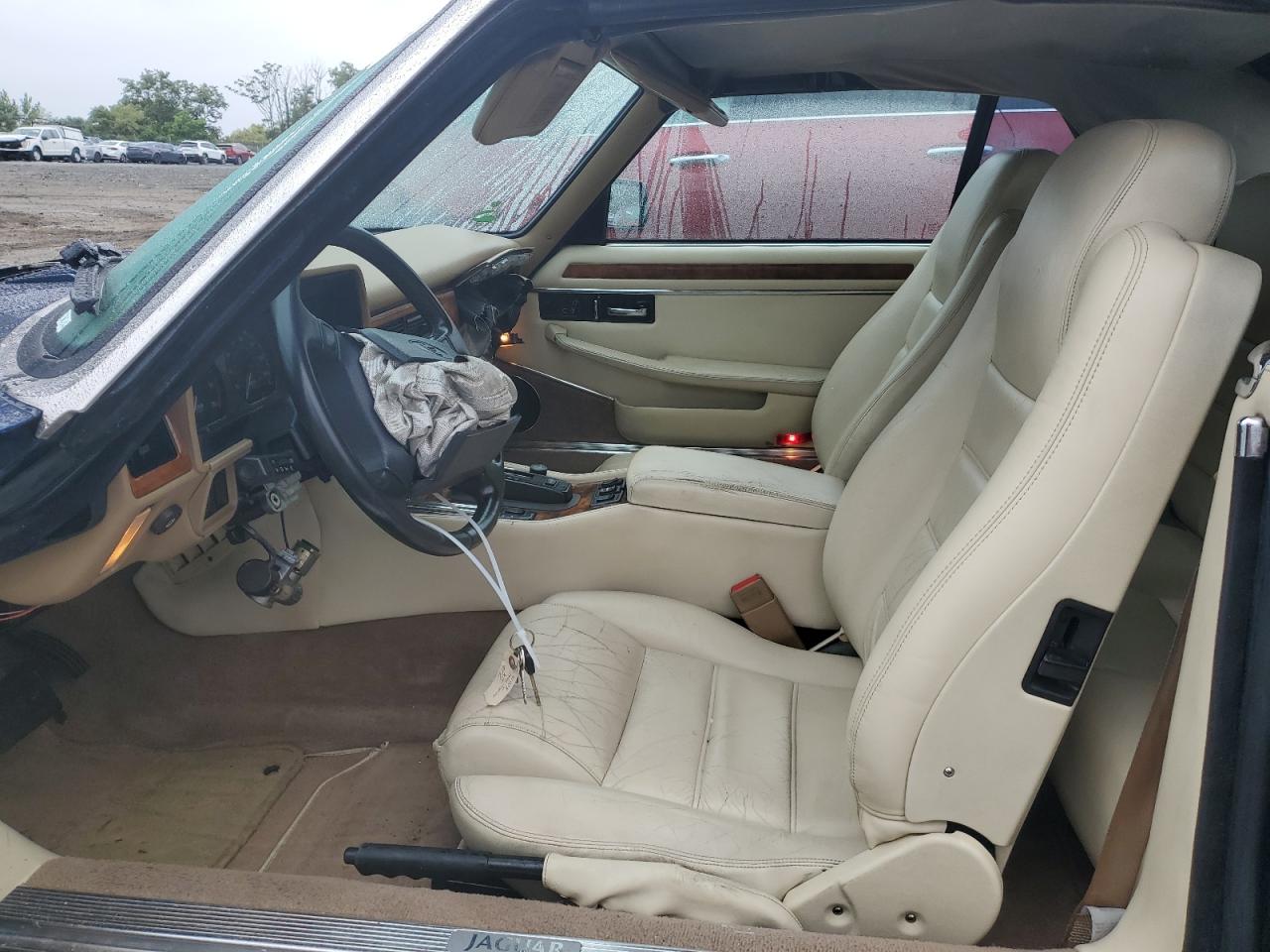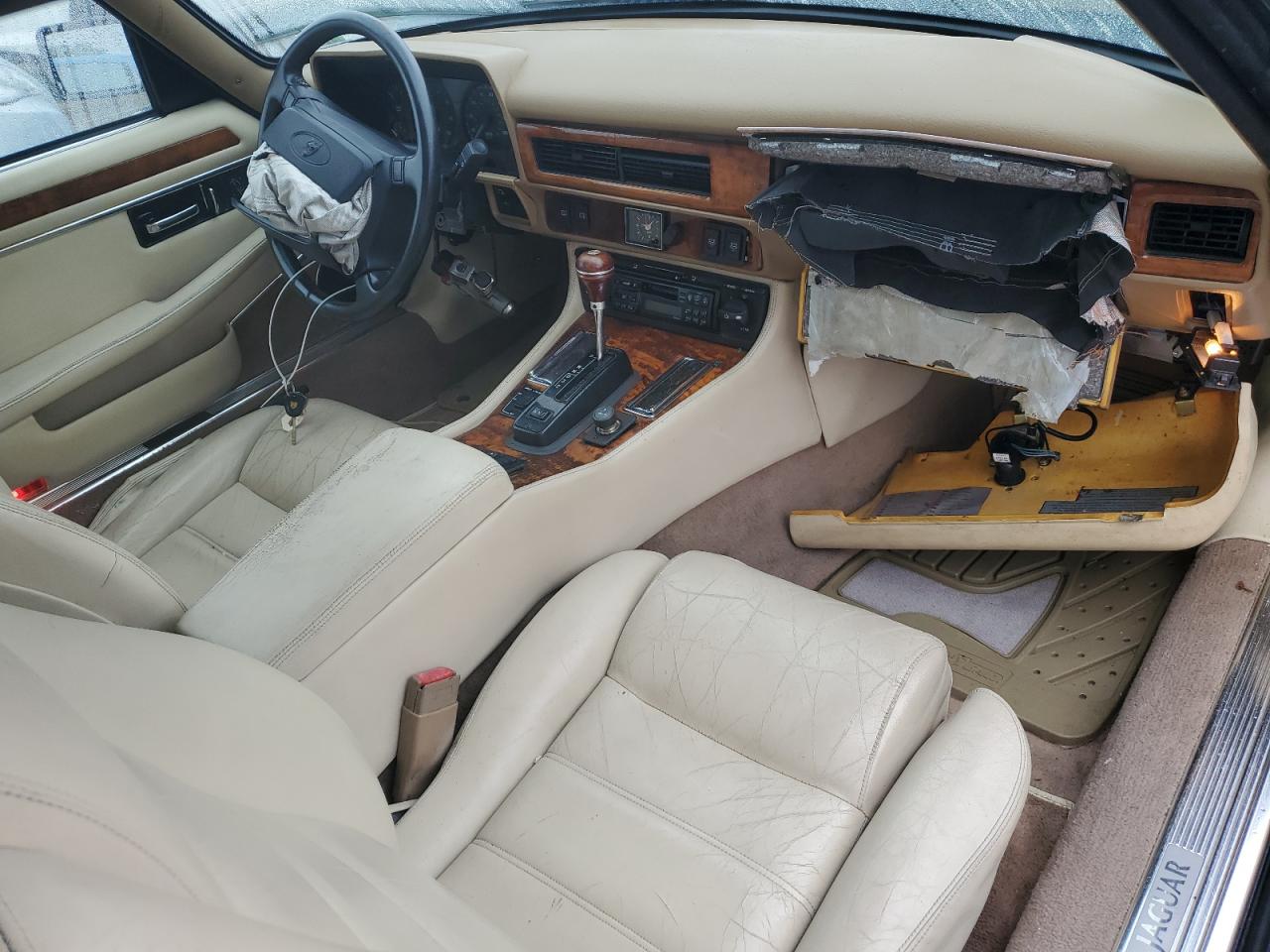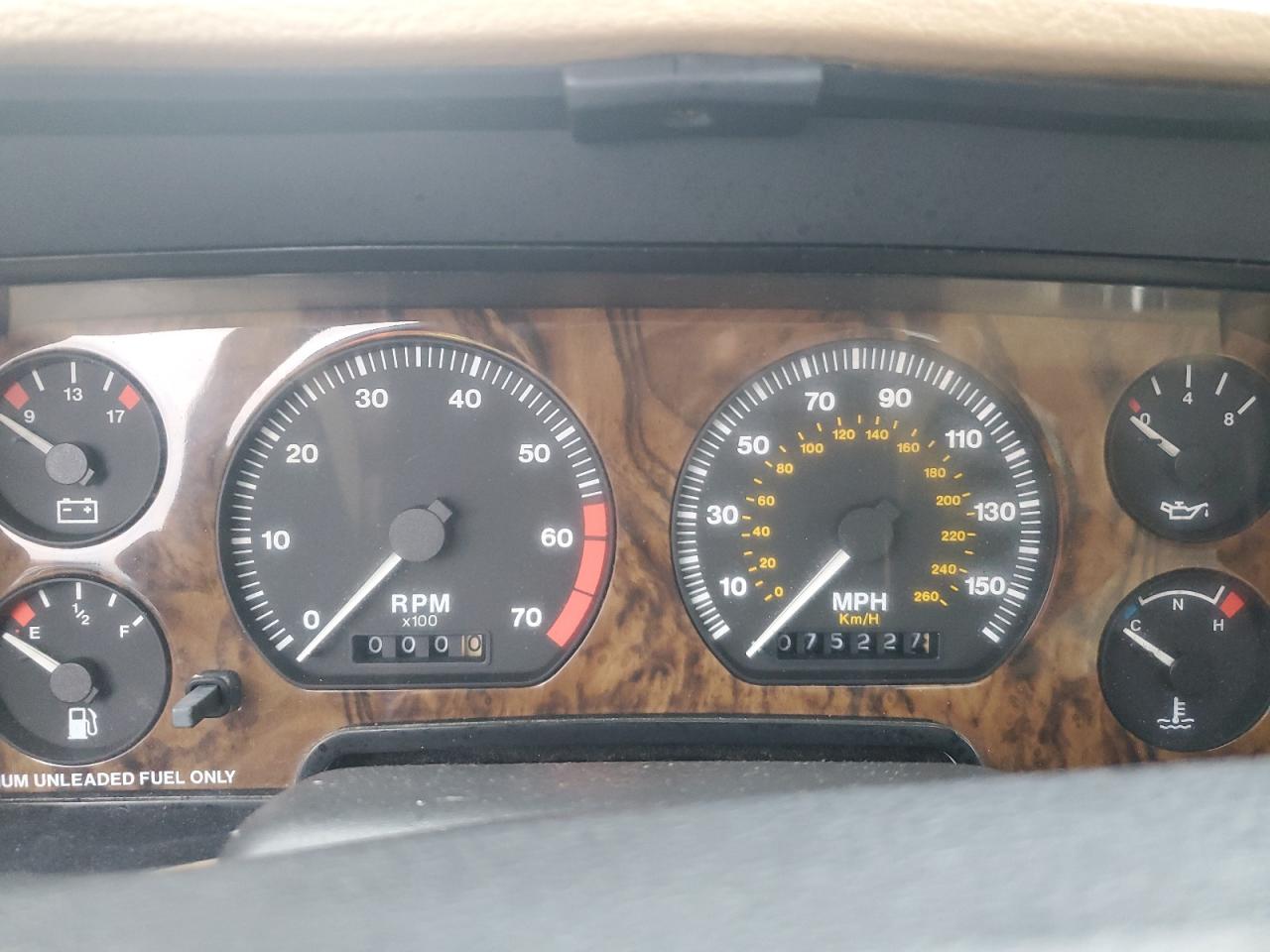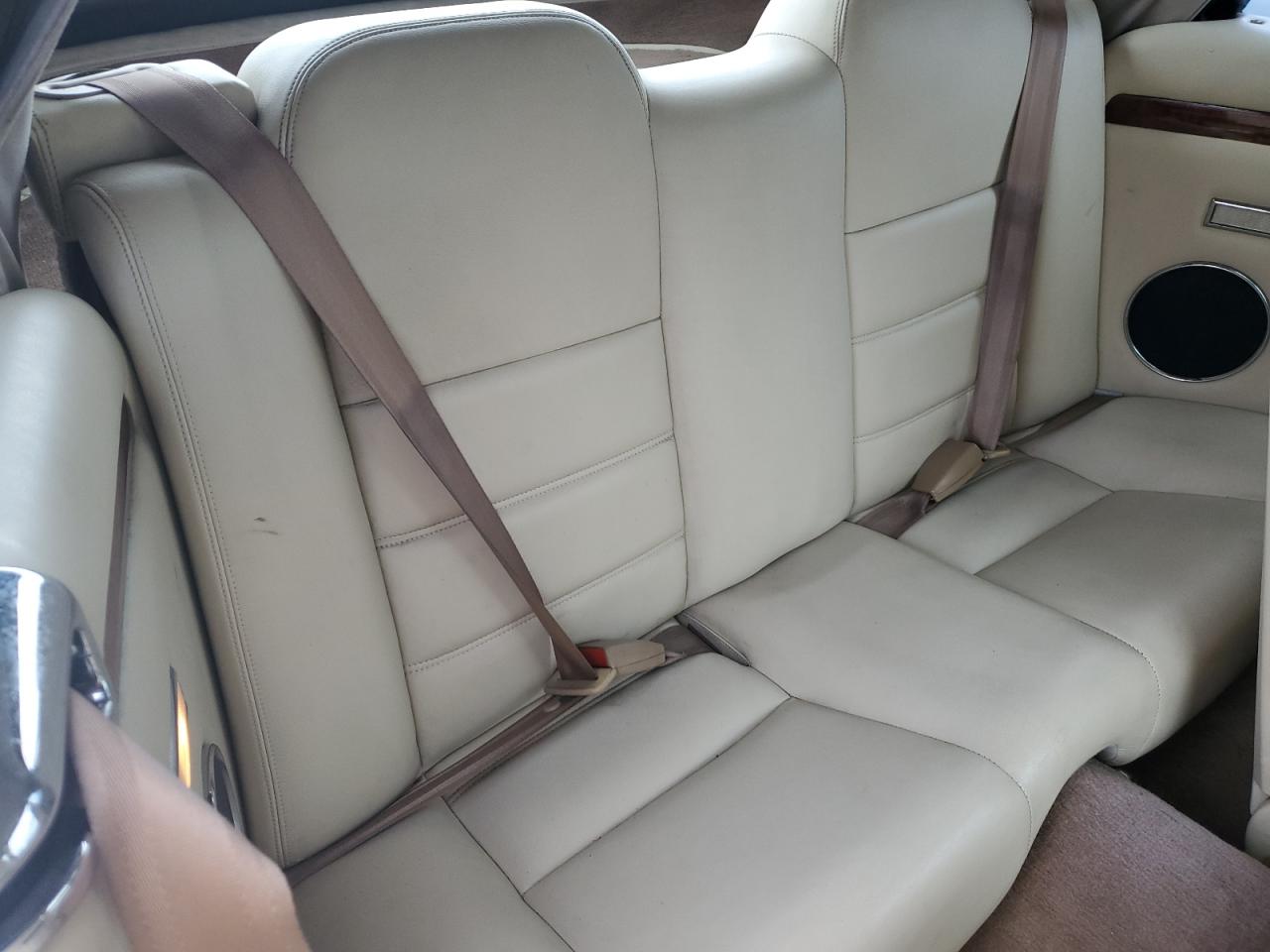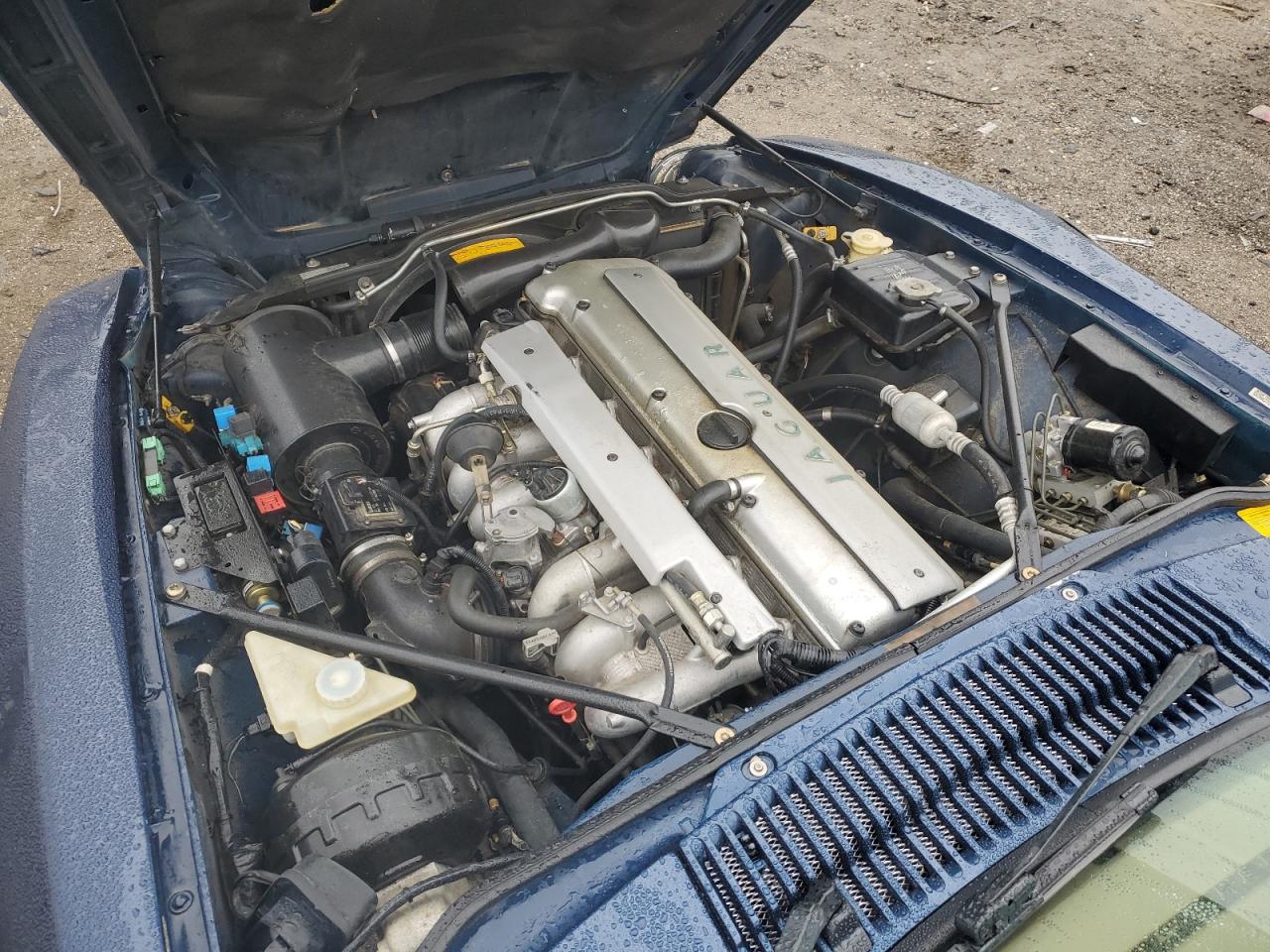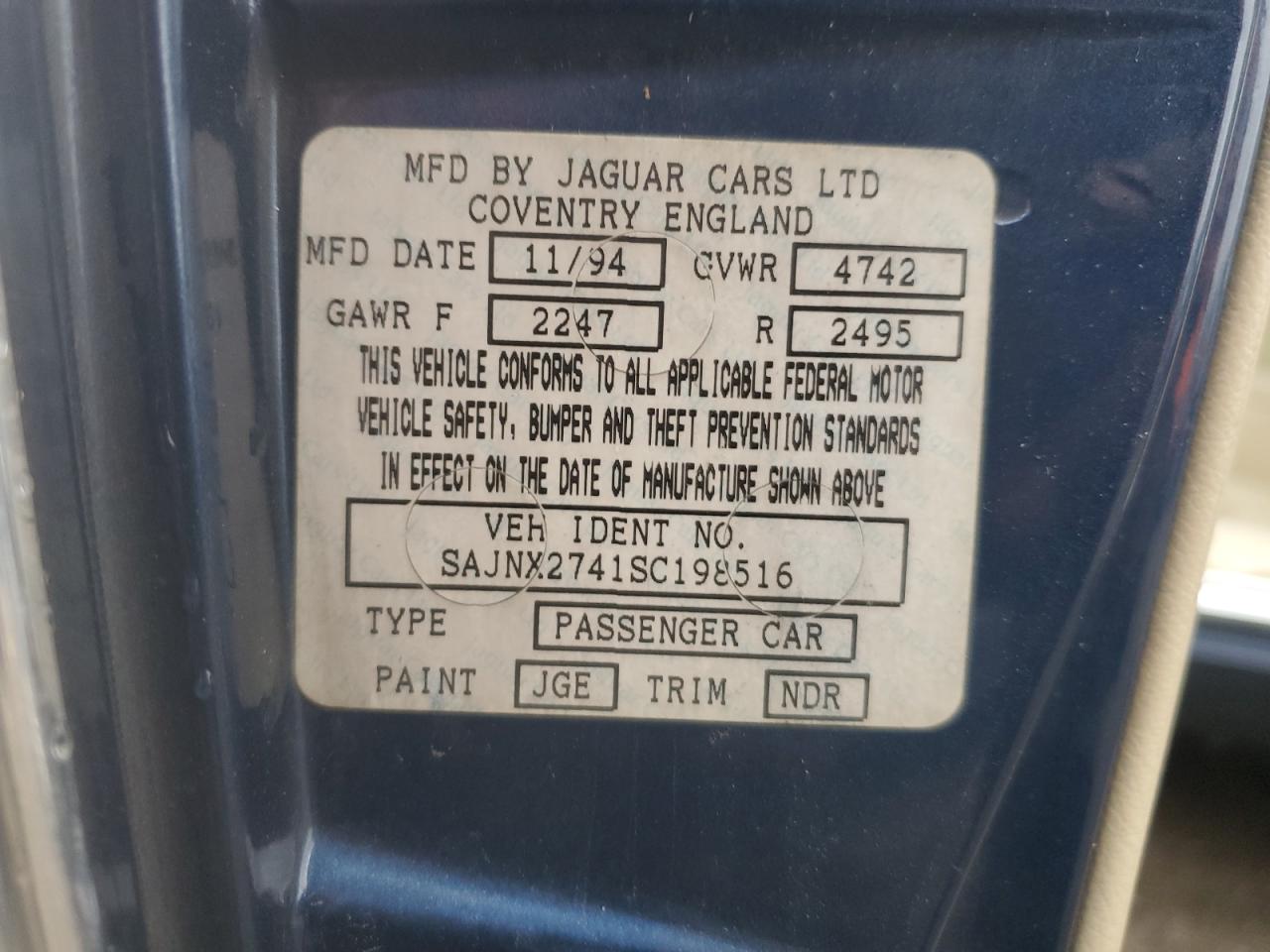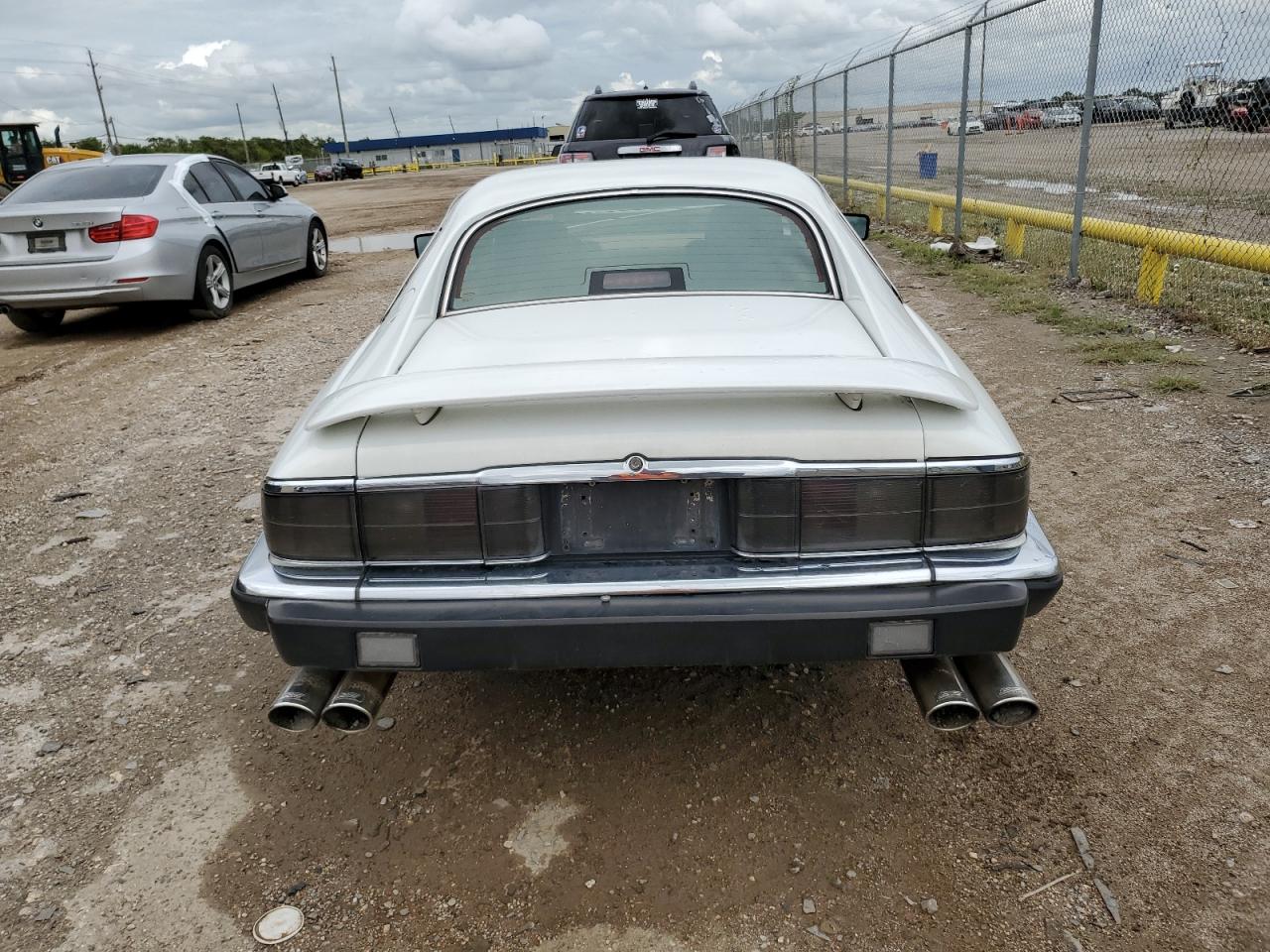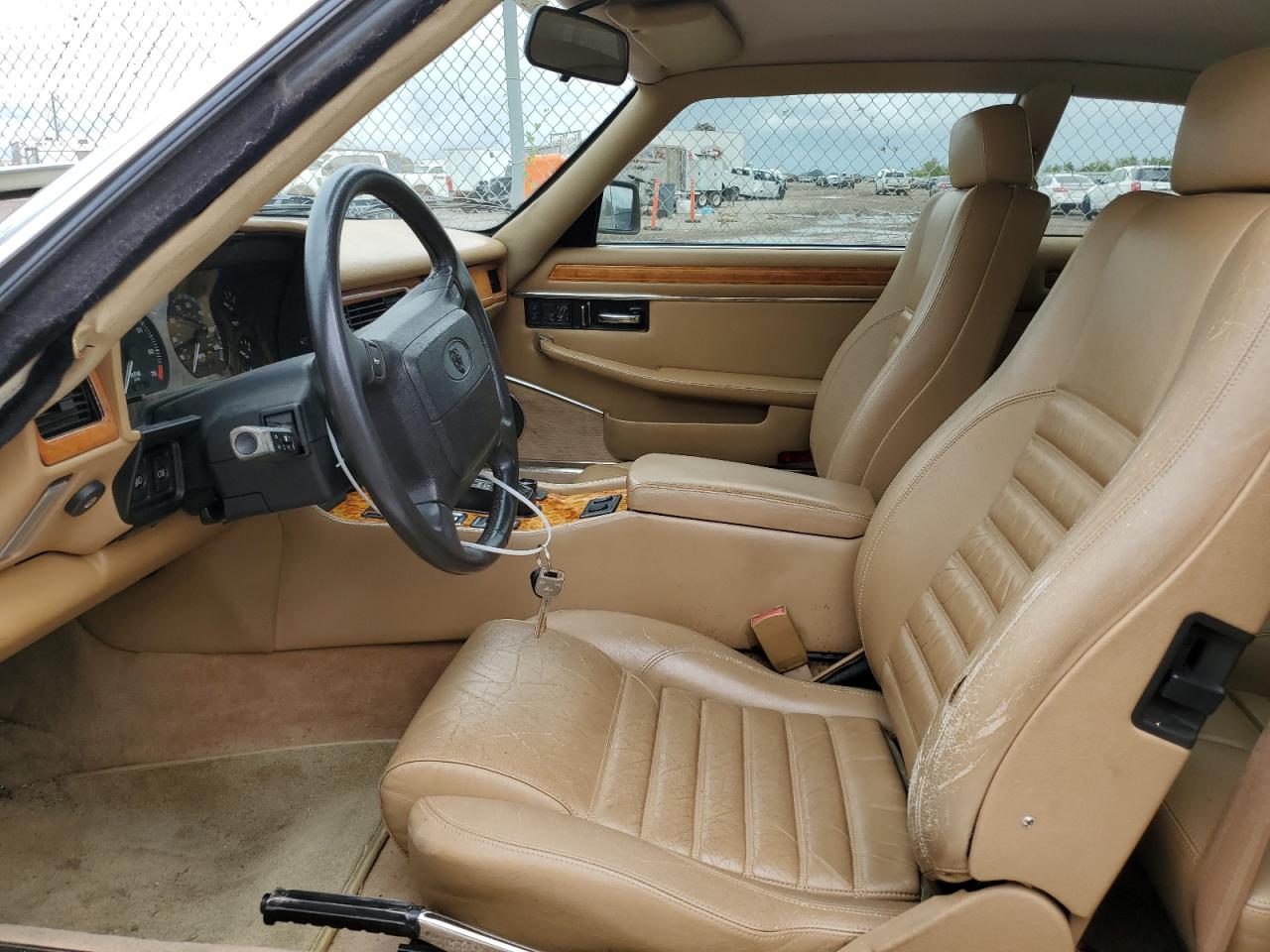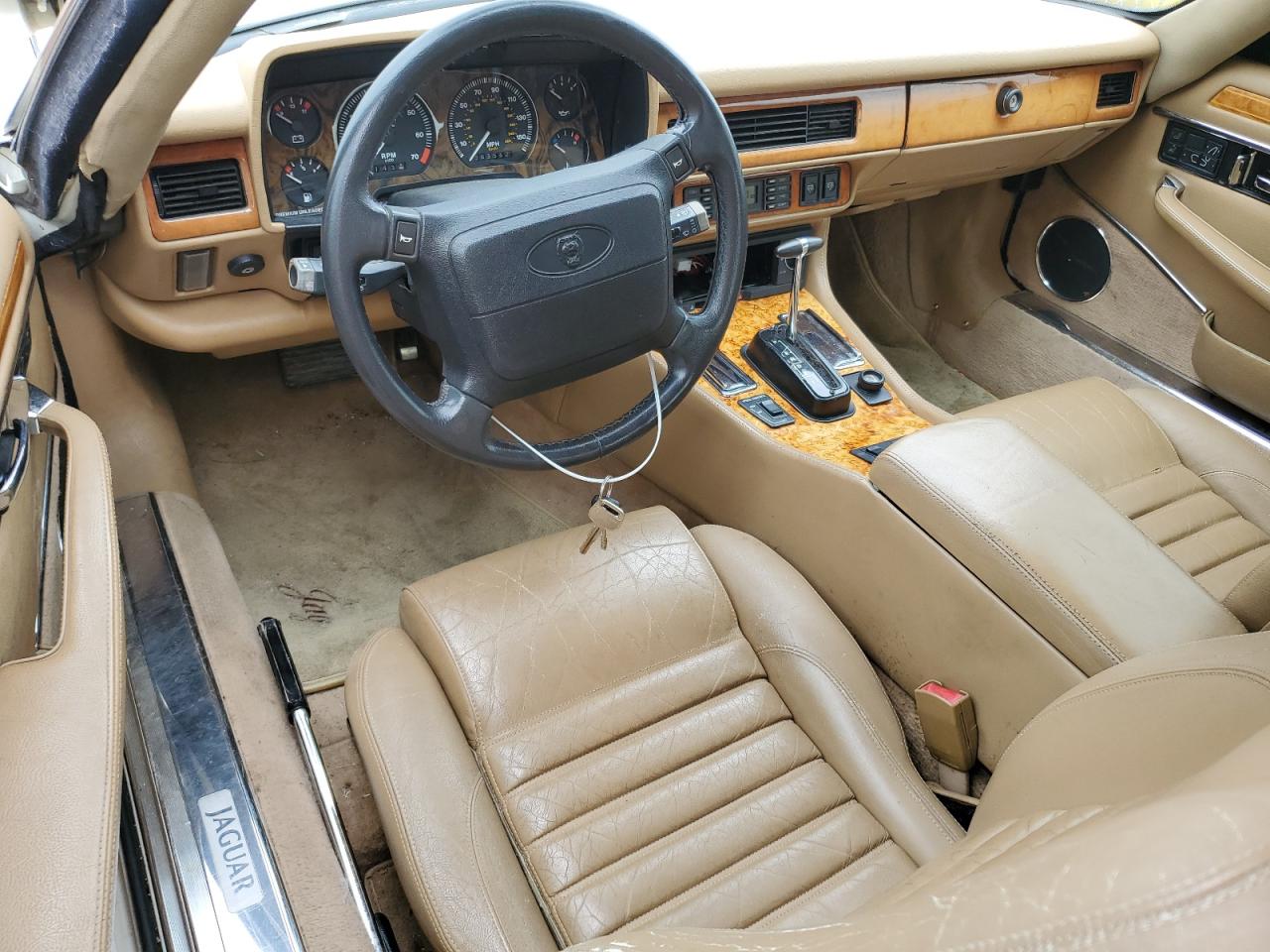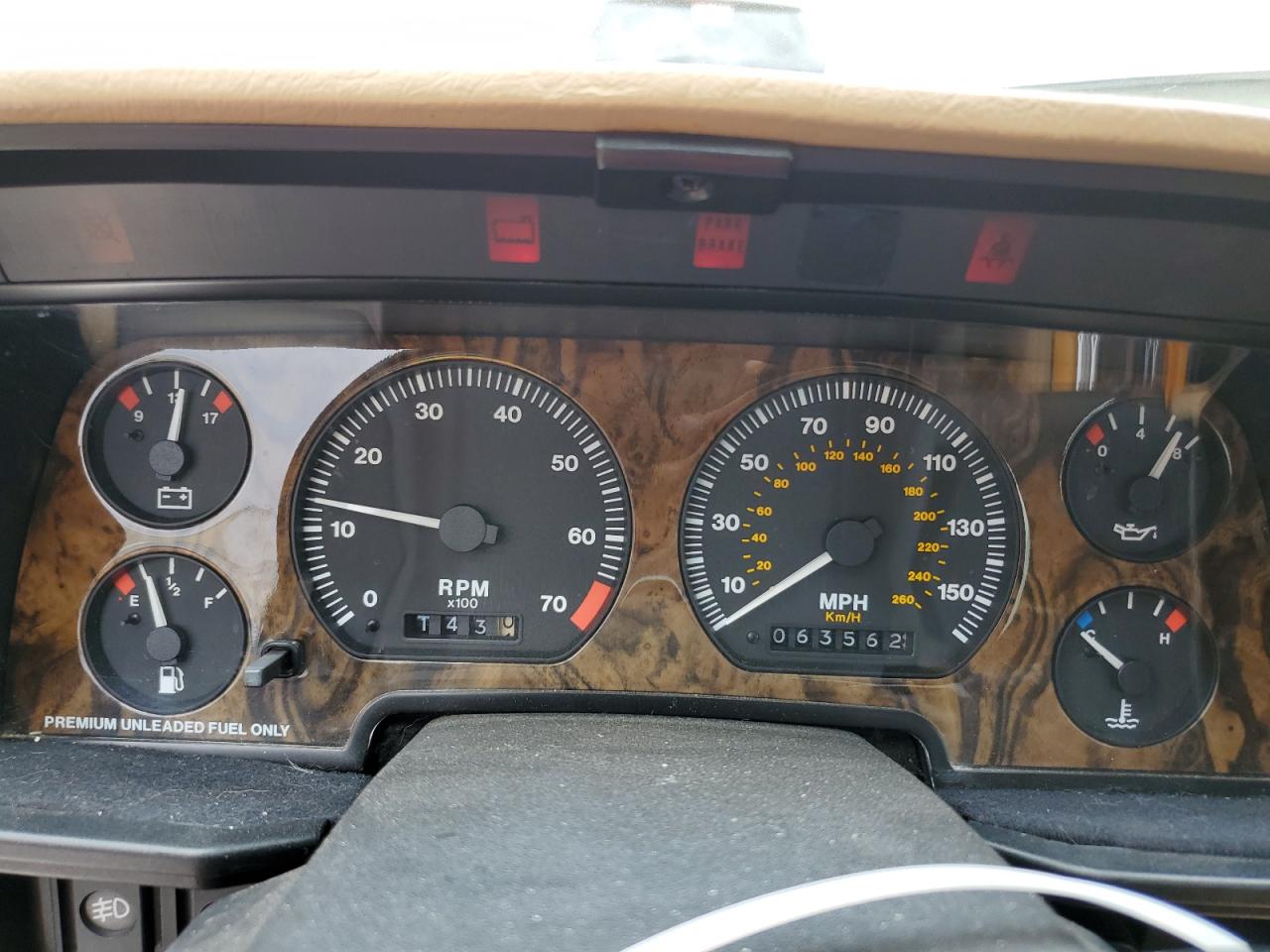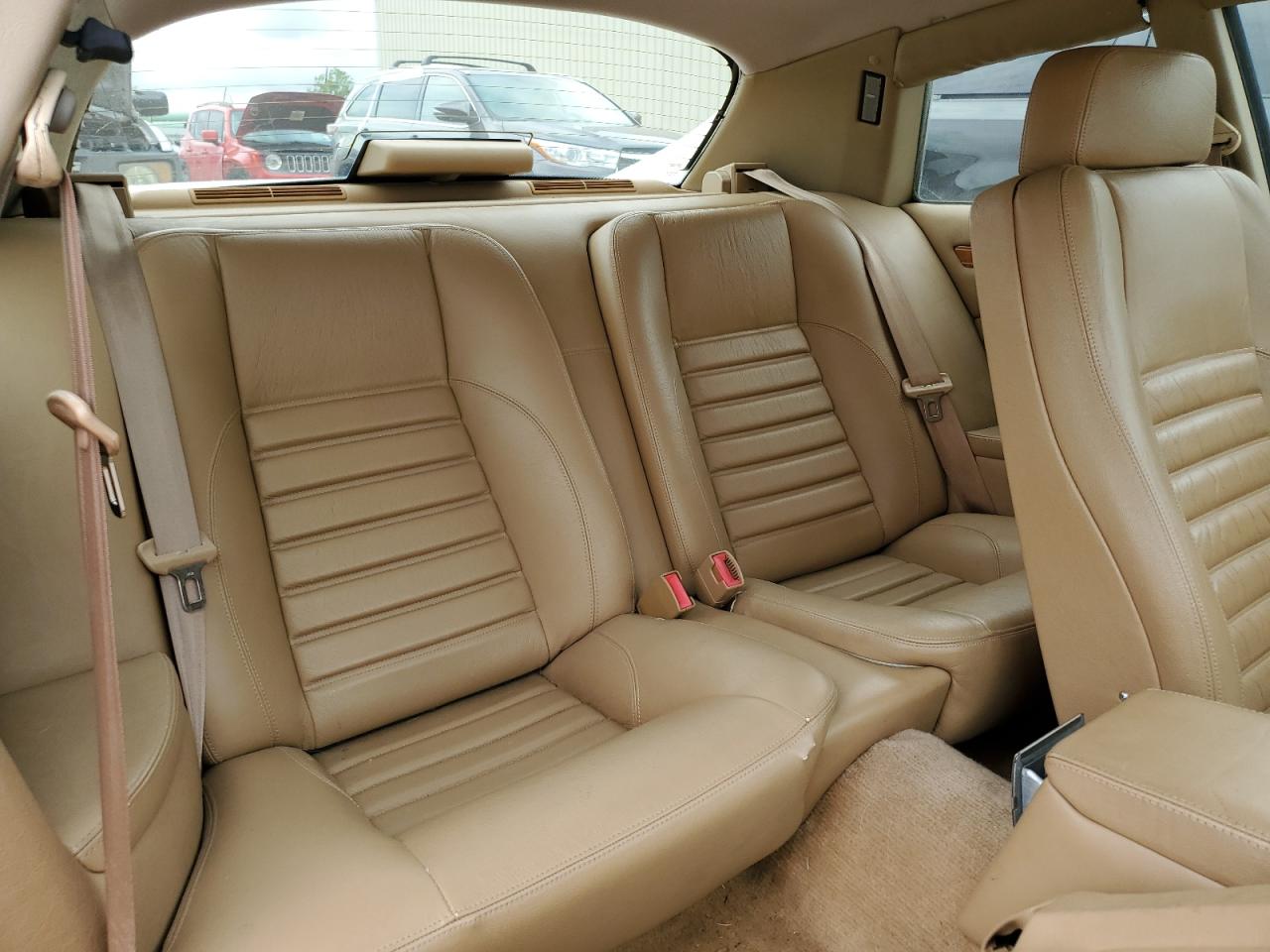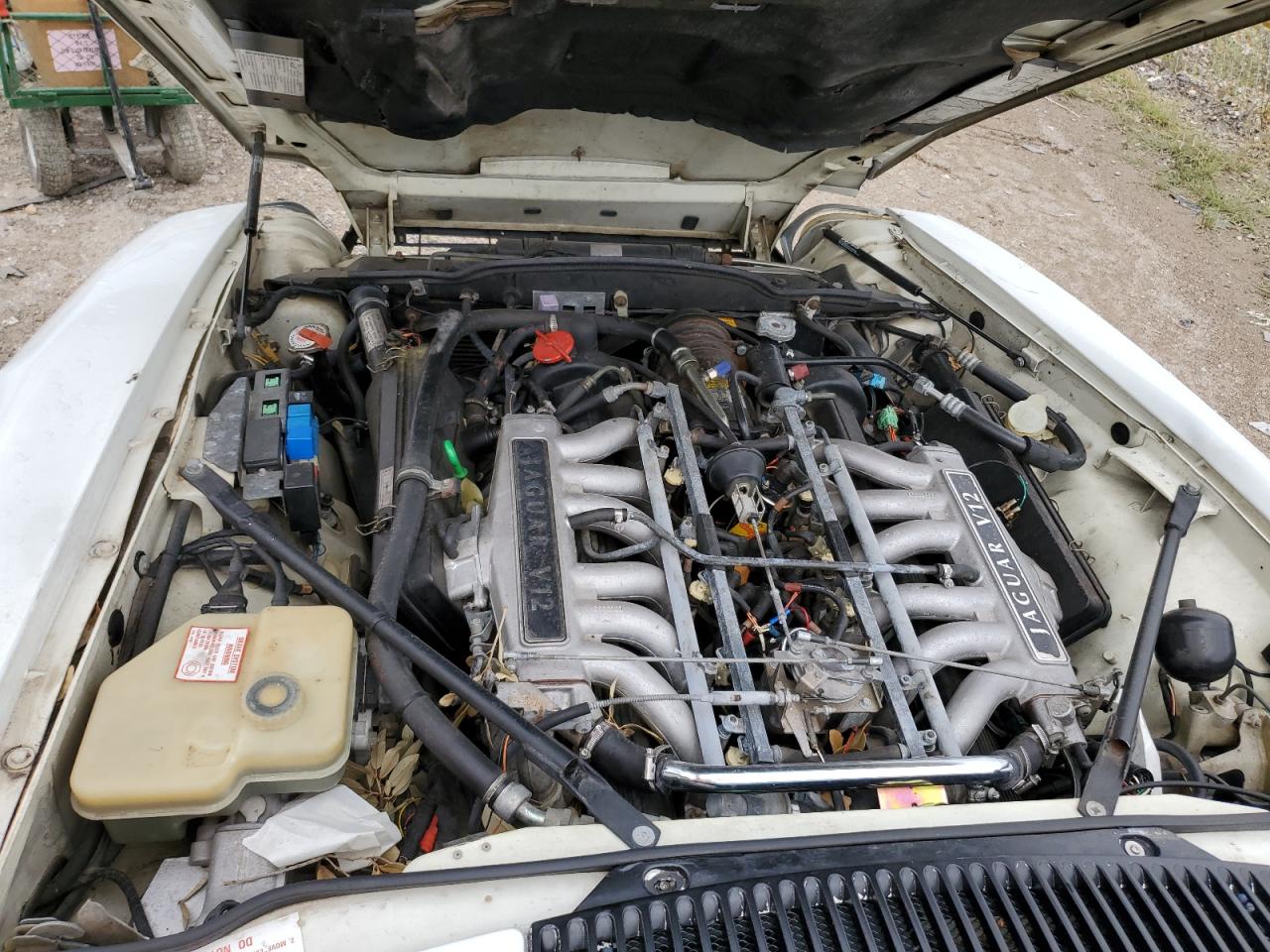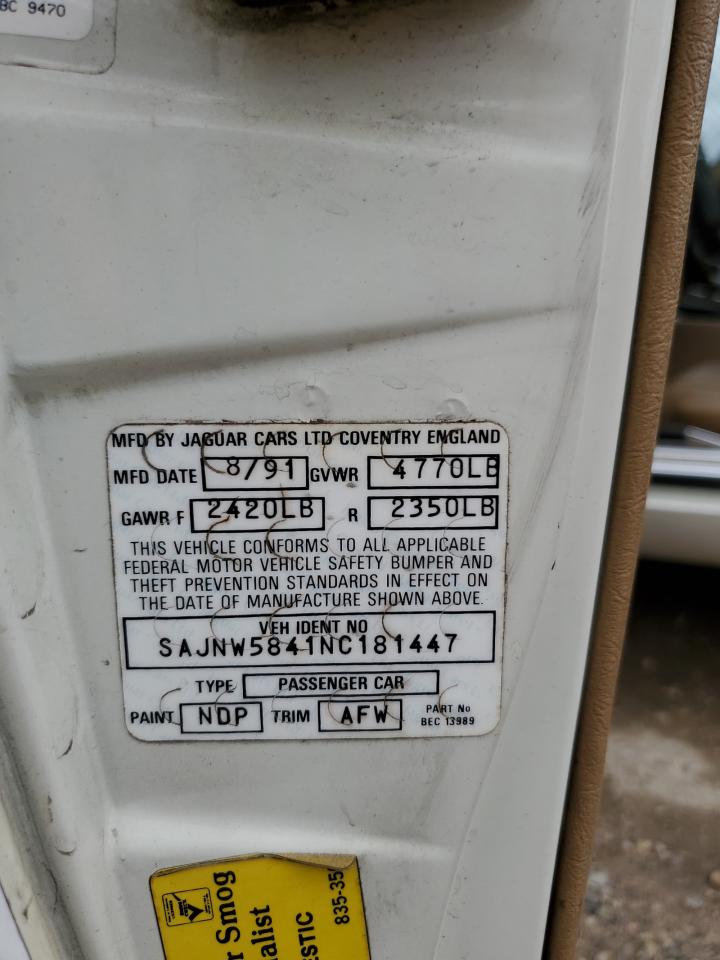Jaguar XJS (24)
1990 Jaguar Xjs
1995 Jaguar Xjs 2+2
1995 Jaguar Xjs 2+2
1994 Jaguar Xjs 2+2
1992 Jaguar Xjs
Brand
 Jaguar
Jaguar
Model
XJS
Auction number
72702754
Odometer
171553 km.
Sale date
08.10.2024 14:00
Auction platform
copart.com
Bid: 125 $
Open
1989 Jaguar Xjs
1989 Jaguar Xjs
1995 Jaguar Xjs 2+2
1989 Jaguar Xjs
1996 Jaguar Xjs 2+2
1990 Jaguar Xjs
1990 Jaguar Xjs Classic Collection
Bid: 70 $
Open
1990 Jaguar Xjs
1995 Jaguar Xjs 2+2
1992 Jaguar Xjs
The Jaguar XJS is a legendary car that is considered one of the most recognizable symbols of British automobile design. Over the years of its existence, it has undergone many changes and has become an object of admiration for many car enthusiasts and collectors.
This model is a continuation of the Jaguar brand tradition inherited from its predecessor, the iconic E-Type. First introduced in 1975, the XJS immediately became the object of attention due to its unique design and outstanding characteristics.
Over the years, the Jaguar XJS has undergone several significant modifications and updates, resulting in its style and performance constantly being improved. From a coupe with a powerful engine to a convertible with an exquisite design, the XJS was available in a variety of variants to suit the tastes of the most demanding customers.
In this article, we will look at the history of the Jaguar XJS model, its various modifications, popular body colors, years of production, and also assess how successfully this car was sold on the market and what problems its owners could encounter.
History of the Jaguar XJS model: evolution and key moments
The history of the Jaguar XJS began in 1975, when this majestic car was introduced as a successor to the legendary E-Type. The XJS was introduced as a GT coupe, with exquisite style, high levels of comfort and a powerful engine. This car became the embodiment of luxury and power, characterized by an elegant body line and high performance.
Throughout its life, the Jaguar XJS has gone through several evolutionary changes. In 1981, significant changes were made to the body design, including the installation of new front and rear bumpers, which gave the car an even more modern look. In 1991, Jaguar introduced an updated version of the XJS, which featured changes to the suspension and transmission mechanisms, improving the car's handling and comfort.
There were many versions of the XJS, including coupes, convertibles and targa-roof coupes. Over the decades of production, the Jaguar XJS was available with a variety of engine options, including V6, V8 and V12, allowing buyers to choose the best option to suit their performance and fuel economy preferences.
One of the features of the model was its popularity among stars and celebrities, which emphasized the luxury status of the car. However, despite its popularity and prestige, the XJS model had some problems, such as the reliability of electrical systems and the complexity of servicing V12 engines. Despite this, the XJS remained one of the most desirable cars in the Jaguar lineup and left an indelible mark on the brand's history.
Modifications: variety and features of the Jaguar XJS
The history of the Jaguar XJS model is rich in various modifications, each of which has its own characteristics and character. These changes concerned both the appearance and technical characteristics, as well as the comfort and safety of the car.
Among the most famous modifications, it is worth noting the XJS V12, equipped with a powerful twelve-cylinder engine, which gave the car a unique character and dynamics. This version attracted the attention of connoisseurs of luxury and high performance.
- XJS V12: Represented the pinnacle of engineering excellence with a powerful engine and luxurious interior.
- XJS Convertible: This modification had a folding roof, which made it especially attractive to fans of open road trips.
- XJS Celebration: The last model in the series, released in 1996, was distinguished by its special exclusivity and equipment, which became a real gift for fans of the brand.
Each modification of the Jaguar XJS carried a certain style and character, making this series of cars recognizable and in demand in the premium market.
Colours and years of production: from classics to rare examples of the Jaguar XJS
The Jaguar XJS has a history of colourways that reflect the character and style of each era. From its debut in 1975 until production ended in 1996, the XJS underwent many changes, including various modifications and design enhancements.
At the beginning of its journey, the Jaguar XJS was presented in standard and classic colors such as black, white, red and blue. These shades emphasized the elegance and prestige of the brand, making the car a desirable object for connoisseurs of style and comfort.
- 1975-1981: During these years, the Jaguar XJS was offered in traditional colours such as red, black, white and blue.
- 1982-1996: As the model evolved and car enthusiasts' tastes changed, Jaguar expanded the colour palette to include bolder and more exclusive shades such as deep British Racing Green and Ultramarine.
Sales: The Most Successful and Problematic Versions of the Jaguar XJS
Summarizing the research of sales of Jaguar XJS, it is possible to distinguish several most successful and problematic versions of this model. The analysis of sales and feedback of owners allows to evaluate their efficiency and shortcomings.
Among the most successful versions are those that demonstrated high reliability, attractive design and good performance. One such version is the Jaguar XJS with a V12 engine, produced between 1975 and 1996. This version was recognized for its luxurious finish, power and comfort.
The most successful versions:
- Jaguar XJS V12 (1975-1996)
- Jaguar XJS 4.0 liter (1991-1996)
- Jaguar XJS 3.6 liter (1983-1991)
However, along with successful versions, there are also problematic models that have encountered various technical problems that affect owner satisfaction and the overall impression of the car.
Problematic versions:
- Jaguar XJS 5.3 liter (1975-1981)
- Jaguar XJS with electronic control system (1982-1991)
The problematic models were characterized by high maintenance and repair costs, as well as poor reliability in some aspects of the design. These factors could significantly affect the model's reputation and the satisfaction of its owners.


























